|
Our Omega Mu veteran-brothers who served in the military are cherished and constant fraternal friends, and we would like to say thank you for the steadfast, purposeful commitment you made to our nation to defend those four freedoms we all believe in: “Freedom of speech, freedom of worship, freedom from want, and freedom from fear.” For those brothers who were killed in defense of these freedoms, they will always occupy a consecrated place in our linked fraternal heart because they exemplify the idea of superlative commitment, strength, and fortitude for the good to the end itself. The greatness of their collective purpose and will, on our nation’s behalf, will never be forgotten. By their “clear-eyed faith and fearless heart,” these brothers have left us a fraternal legacy that echoes what we often say about Omega Mu Fijis: “Perseverance and determination are omnipotent.” Their code of integrity, courage, duty, responsibility, and self-sacrifice on behalf of our nation is a powerful legacy we can all be proud of as Omega Mu Fijis. Whether it was at New Orleans, Red River, Fort Blakely, Marianna, San Juan Hill, Santiago de Cuba, Chateau-Thierry, Verdun, El Guettar, Elba, Monte Della Vedetta, the Battle of the Bulge, Rabaul, Inchon, Pusan, Chosin Reservoir, Pork Chop Hill, Hue, Easter Offensive, Phu Cat, The Iron Triangle, Hamburger Hill, la Drang Valley, Bien Hoa, Khe Sanh, Rumaila, Al-Batin, Medina Ridge, Kabul, Kandahar, our Omega Mu brothers have demonstrated devotion to duty in defense of freedom and liberty. They are the stability of our nation, and we, the Omega Mu brotherhood, revere, honor, and salute their persevering and determined spirit within our great nation and our historic brotherhood. We will always honor the heroism of all of our brothers who have served in the armed forces from the Civil War to the present. Thank you. Omega Mu Veteran Ernest L. Coolbroth, 1918 Omega Mu Years "He's been riding on the band-wagon for three years tooting his piccolo...Bryan could find a good yodler in "Soup" for his Chautauqua lectures." Alumni Smoker Charle W. Mullen Omega Mu, 1883 Ernest L. Coobrother, first row, fourth one in from the right. Marching on Stodder Commons; Carnegie Hall and Balentine Hall are behind. The Cadet Band is in the middle of the picture marching from right to left. The Cadet Band in Bangor. The University of Maine Cadet Band was called into service from 1916-1917 with the 2nd Maine Infantry. The University of Maine Band served on the Mexican border to protect the southern U.S. border from Mexican raids. The band was to boost the morale of the National Guard units and the United States Army by having concerts and parades, and the Maine Cadet Band was the only college band to be in the United States Army stationed in Laredo, Texas. Omega Mu Brothers Ernest L. Coolbroth and Bryant L. Hopkins went to the Mexican Border. Bryant L. Hopkins The Maine encampment, left. "Hac, Currier, Brownie, King, Beckler, K. Brown, Page, Hanson, and Coolbroth all in one tent." Ernest L. Coolbroth, first on the right, front row. "Cheerful Coolbroth." "Cooly, Gyp, Brownie and Richardson go down watermelon feed in town. Great time." "Page, Beckler and Hanson had been working on our tent while Cooly slept." "In the evening Brownie, Cooly, Gyp and Stoddard go to church to play - dates." "Cooly goes home with a Miss White, They meet her steady and Cooly has to run for his life." Maine Cadet Band playing "The Houn' Dog Rag" while they were in camp. Colonel Frank Hume "The paper gave the list of the regiment to be relieved and the Second Maine headed the list." "The Second Florida is to relieve us." "We marched four miles to the big parade ground where all the troops in the Laredo district were assembled." "Pulled out of Laredo at 11:25." "Cooly's folks arrive with a chicken dinner which goes fine. Rest of the day spent in entertaining." Streamer for the Mexican Border Campaign, 1916-1917. World War I "Corporal E.L. Coolbroth" As the 103rd Infantry was on its way to France, the 103rd Infantry Band, still made up of the men from the University of Maine Band, caught sight of Hume's ship. Crowding to the railing of their own ship, they blared "The Houn' Dog Rag" over the waves for his benefit." Chemin des-Dames "The band headquarters was in the ruined village of Nanteuil-la-Fosse. Now began the band's service as stretcher-bearers with the battalion first-aid posts, which was to continue for six months, with only a few days service as musicians in all this time. Nanteuil-la-Fosse ToulToul sector. 103rd Infantry around Toul. "The formerly quiet quiet sector became more active with the appearance of U.S. troops, and the battle of Seicheprey was the first engagement in which the 26th Division took part." "1st Battles in France in which Americans participated without aid of French was Bois Brule-Seicheprey." 103rd Infantry arriving in Seicheprey. German artillery hitting Seicheprey. The American Command Post was behind the church. "The band performed its work under a vicious gas bombardment, and one man from the band was evacuated, gassed" Monument honoring the 26th Division in Seicheprey. Apremont 103rd Infantry marching toward Apremont. Apremont, France. "In this storm of steel one of the bandsmen, J. Arthur Stowell, a Colby man, met his death while giving first aird to a wounded man near X Wray. With the loss of this brave and fun-loving comrade, war became something more than an exciting game to the bandsmen." Chateau-Thierry "The band will remember the celebration the French inhabitants gave them on July 4th, with a very flattering speech by the Mayor, and bottles of vin rouge passed around the Mayor's pretty daughter." "With the opening of the offensive at Chateau Thierry, the bandsmen were in the thick of one of the crucial battles of the war. For four days they toiled in the front line, moving forward continually, with almost no sleep an little to eat besides their small emergency rations, trying to cope with the tremendous stream of wounded. Half starved, staggering from fatigue, with blood-shot eyes, they continued their work till flesh and blood could stand no more.Man after man, the band dwindled to sixteen men." Chateau Thierry after the Germans retreated. Bar-le-Duc Bar-le-Duc "The band men were now hardened to the point where an all night twenty hike with a camel load of equipment, reinforced internally by tomato soup twice a day, meant only momentary discomfort. To add to their trouble, cold weather and a persistent rain kept them wet and chilled to the bone, and fires, even smoking, were prohibited." St. Remy "Thanks to an order from Gen. Pershing, bandsmen were no longer allowed to act as stretcher-bearers; so they had the opportunity of watching the most colossal barrage American artillery ever put over." General Pershing German bunkers, above and below, in the woods around St. Remy. Verdun Verdun, the citadel is in the foreground. "But the band's luck was still good, and the outfit reached the regiment safely at daybreak." Cote du Poivre "At this time the band reached the height of its musical efficiency during it active service." Cote du Poivre, above and below. Armistice, November 11th American soldiers celebrating the end of the World War I on November 11th. Montigny-le-roi "There remained only the parade in Boston, April 25th, in which the musicians claimed to have developed a chest expansion of seven inches....With the demobilization of this unit, thirty of the finest comrades that two years of hardship and danger could reveal at their real worth, separated, a few to return to college, the rest to regain their positions in civil life." Waiting to board the ship in Brest to go to Boston. Arriving in Boston. "The little history would be incomplete without a tribute to absolute loyalty of the bandmen to their work and their organization. The band was always a like a big family, in great contrast to the conditions on many other regimental bands. The old U. of M. band can safely claim for itself the honor of having put in more time at the front that any band in the A.E.F." Commemorating the end of World War I at the University of Maine. “What if the space be long and wide, That parts us from our brother’s side A soul-joined chain unites our band, And memory links us hand in hand.” (Phi Gamma Delta fraternity song) Fraternally,
Chip Chapman, ’82 Perge
0 Comments
Leave a Reply. |
Archives
December 2024
Categories |
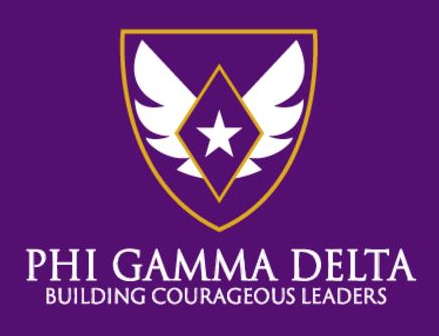
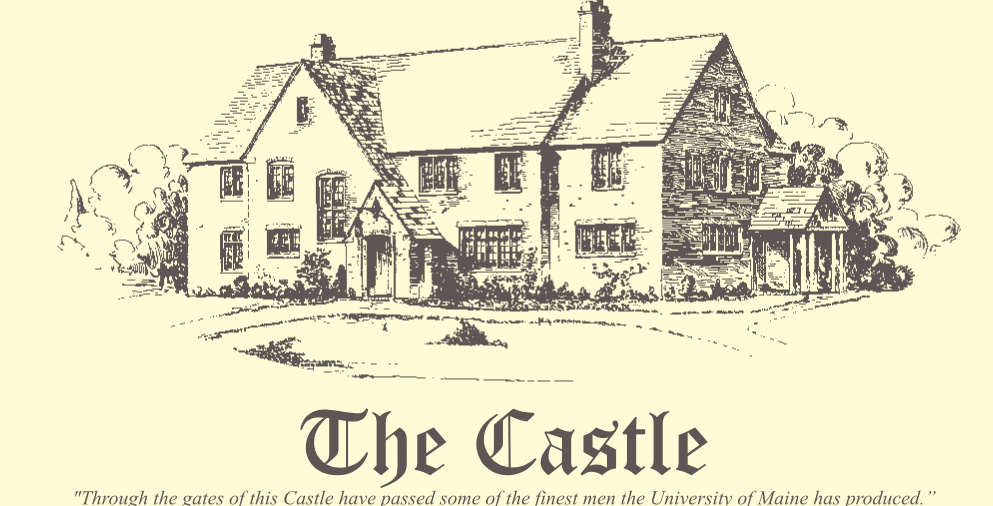
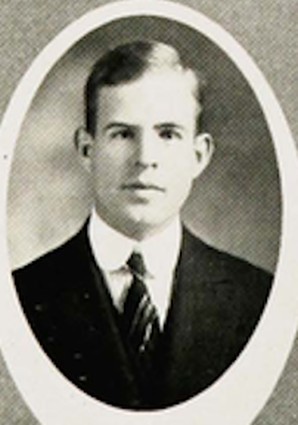
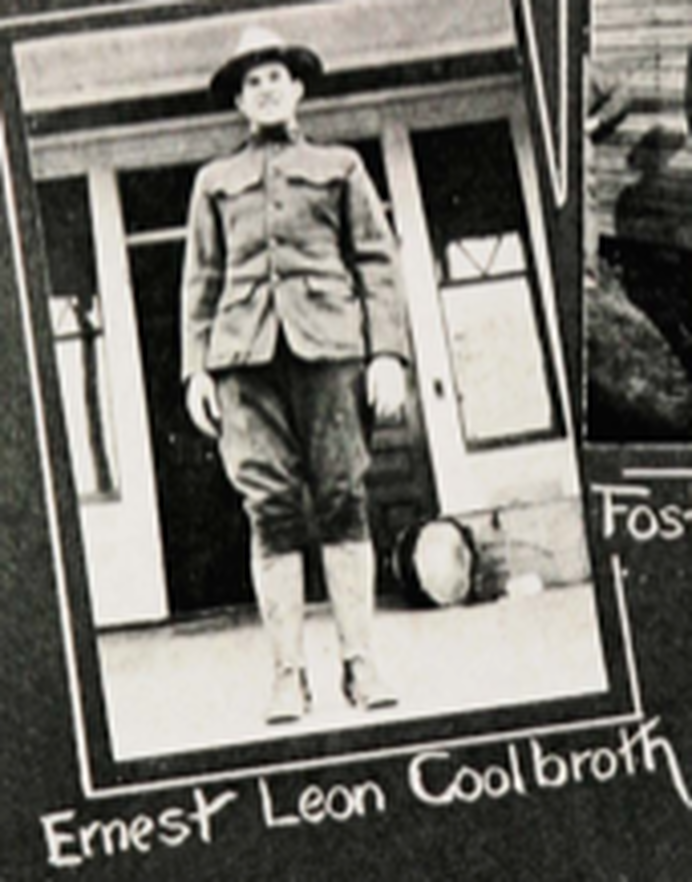

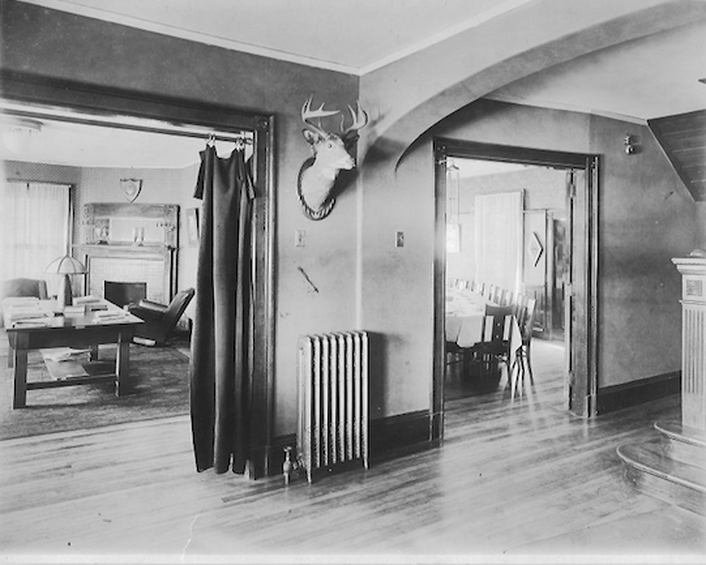
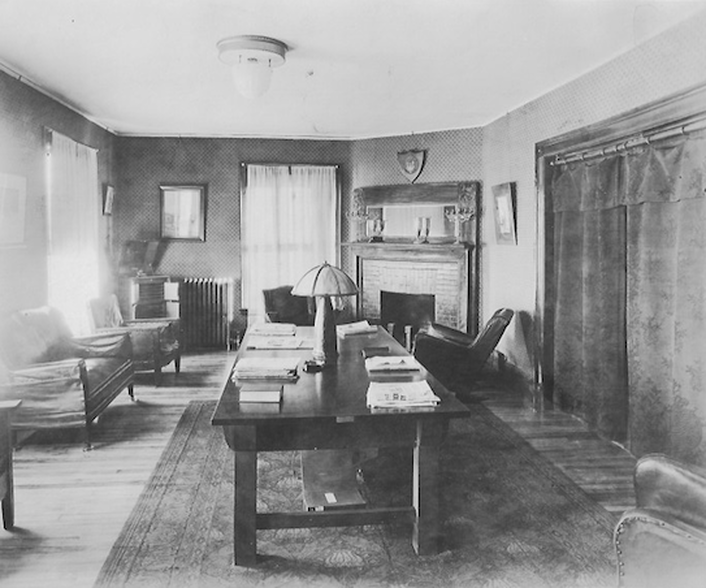
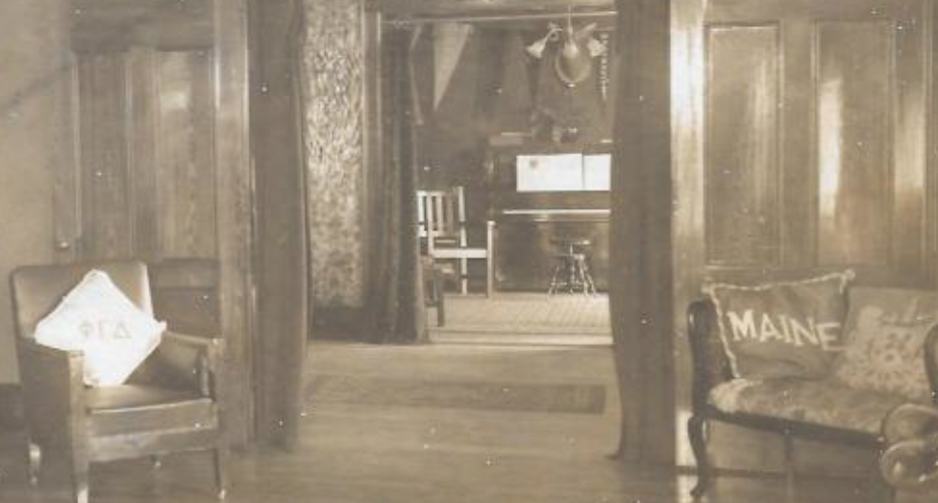
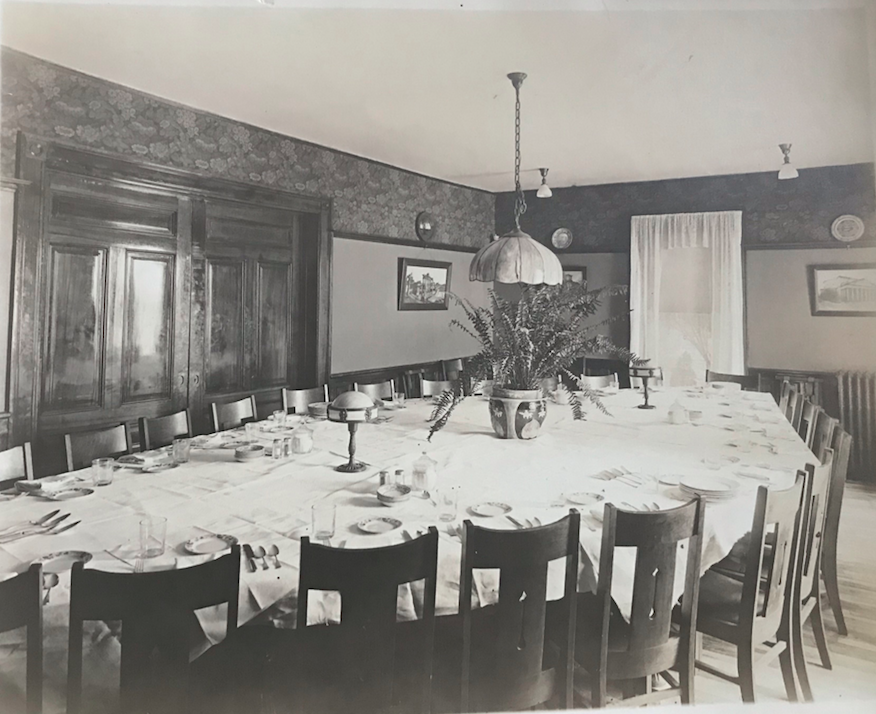

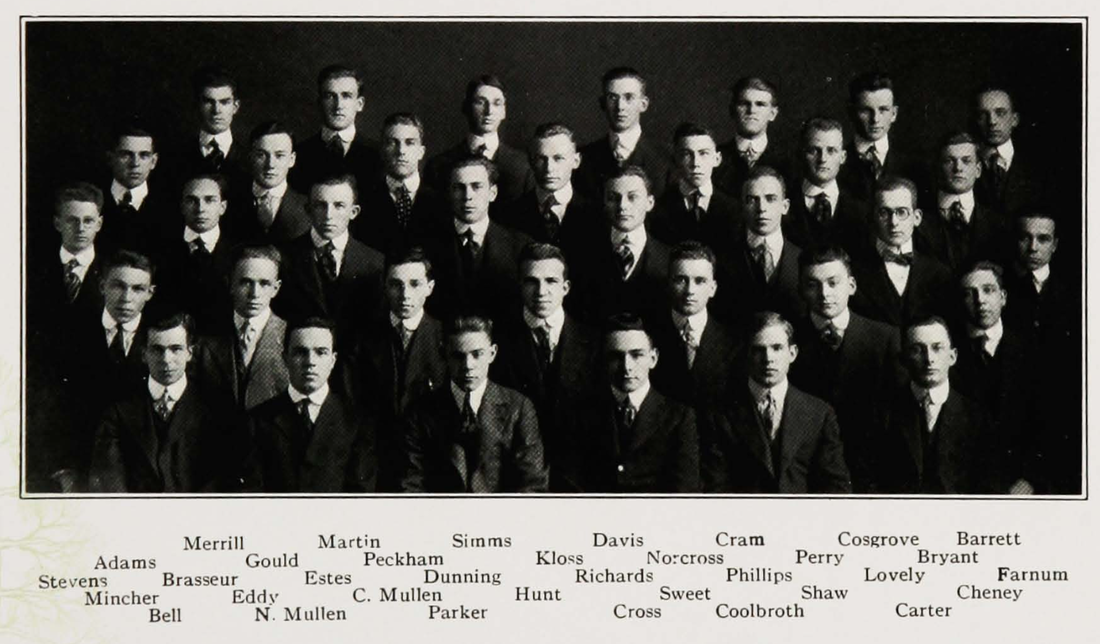
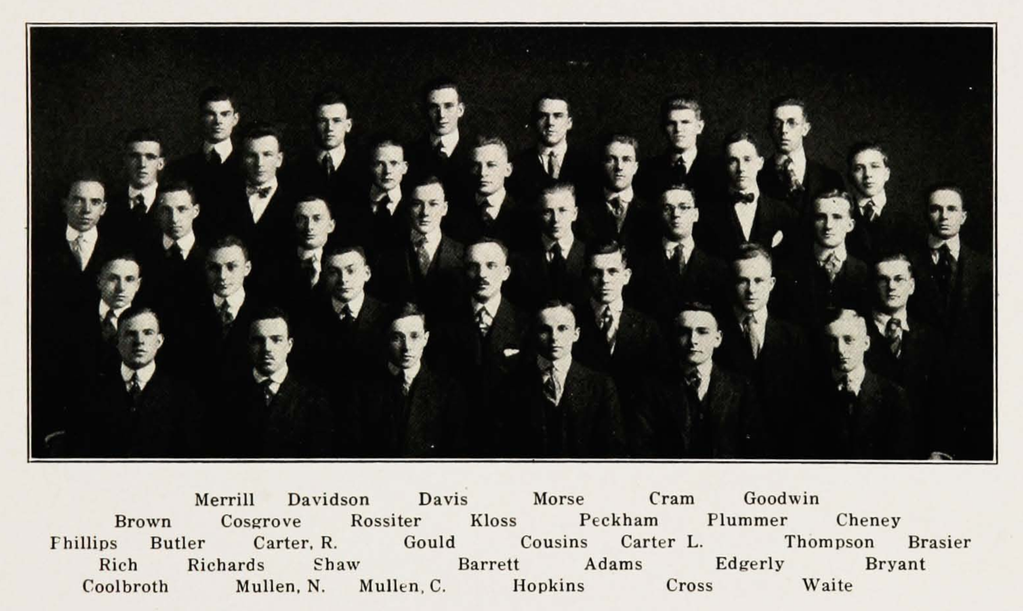
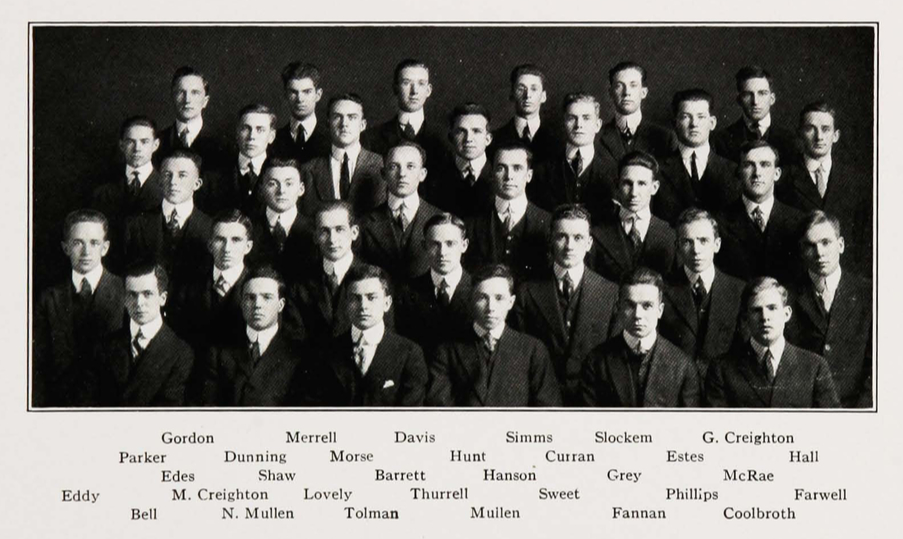
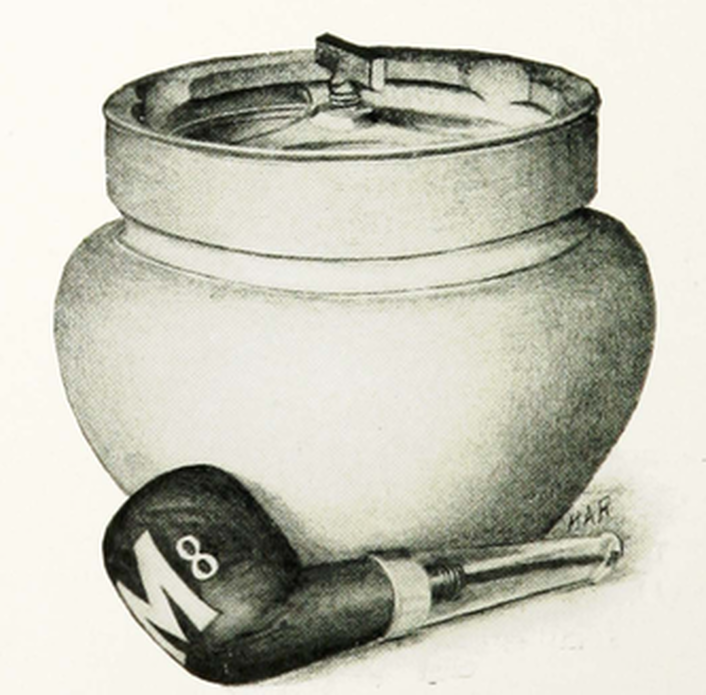
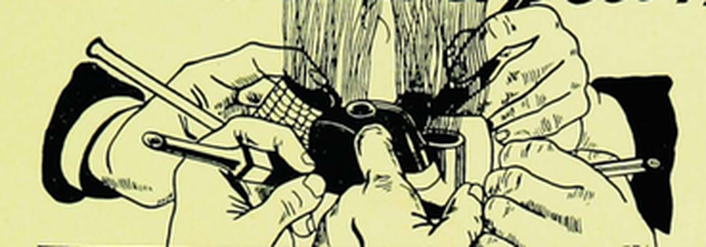
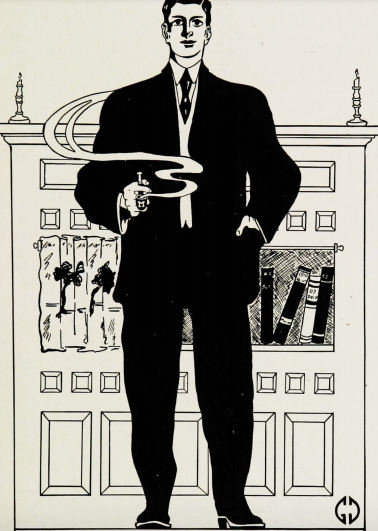
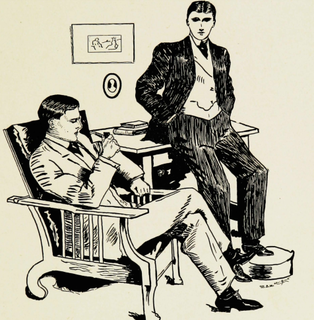
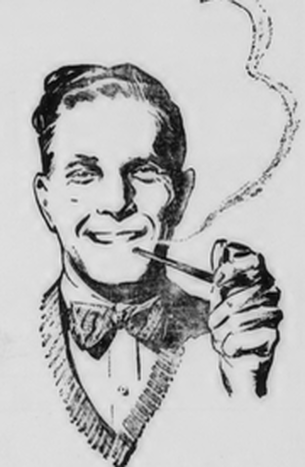
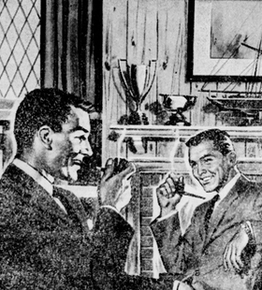
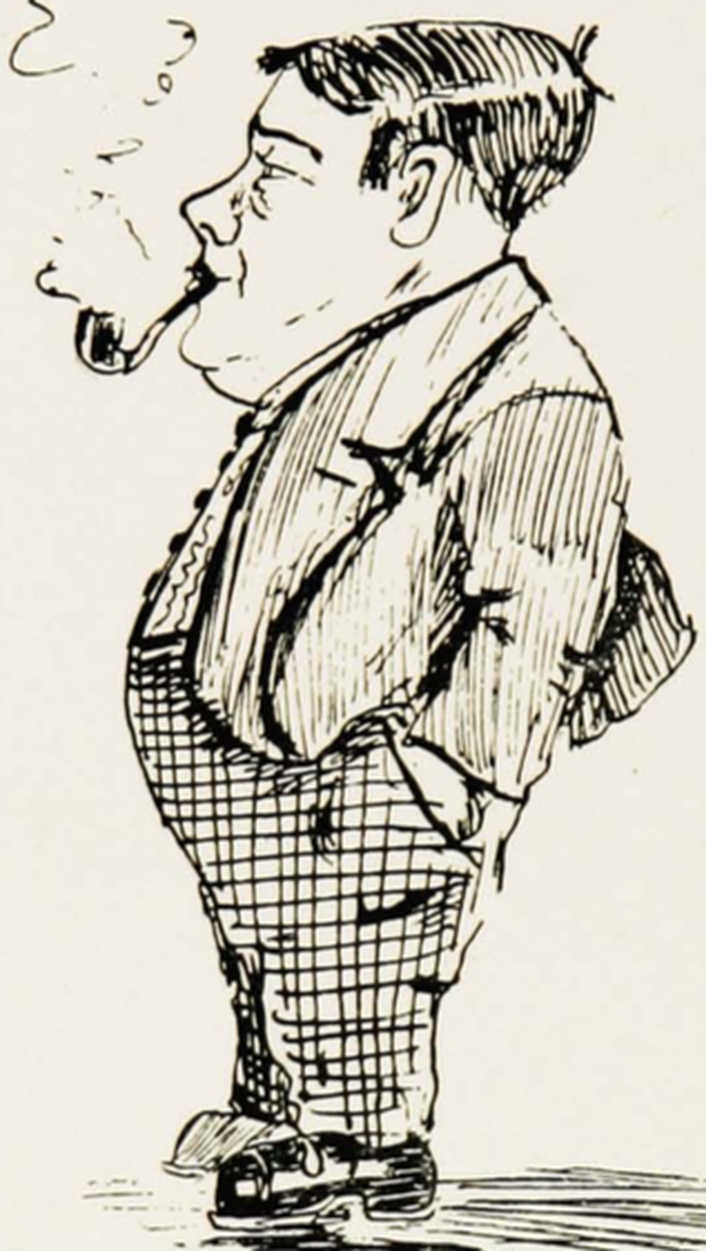

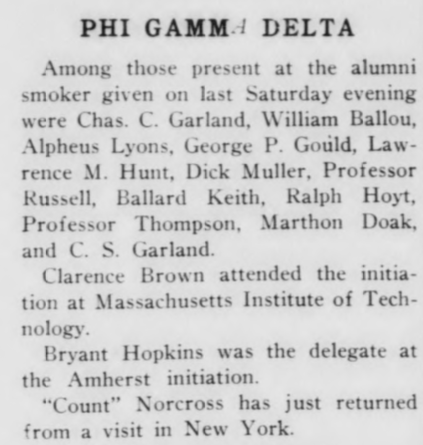

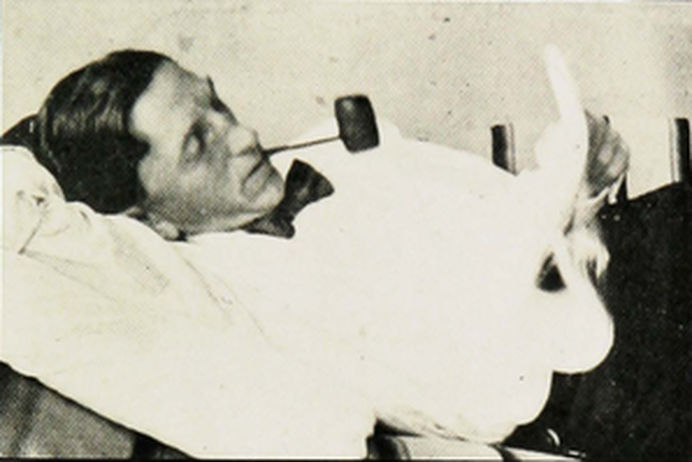
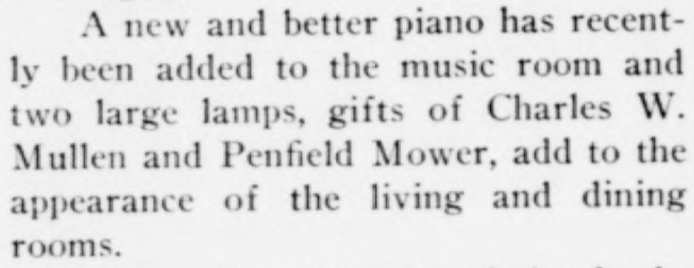
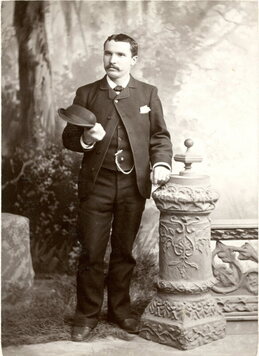

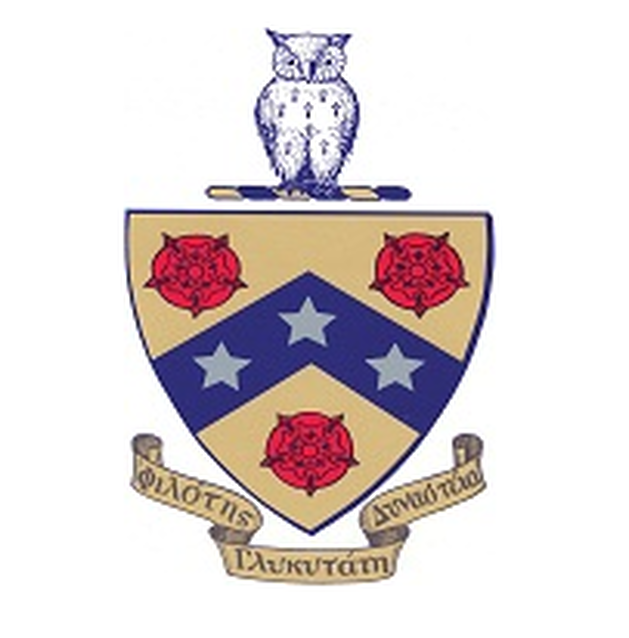
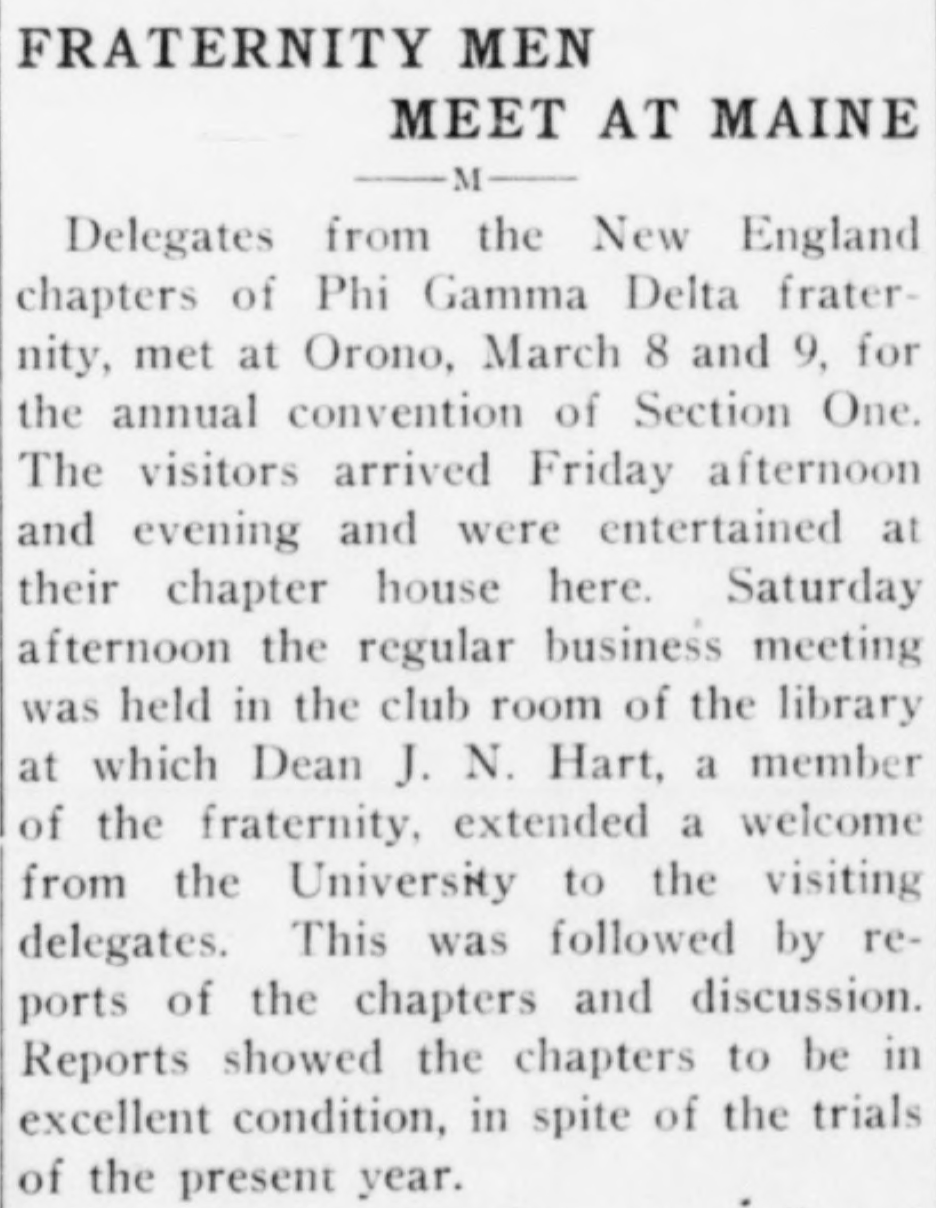

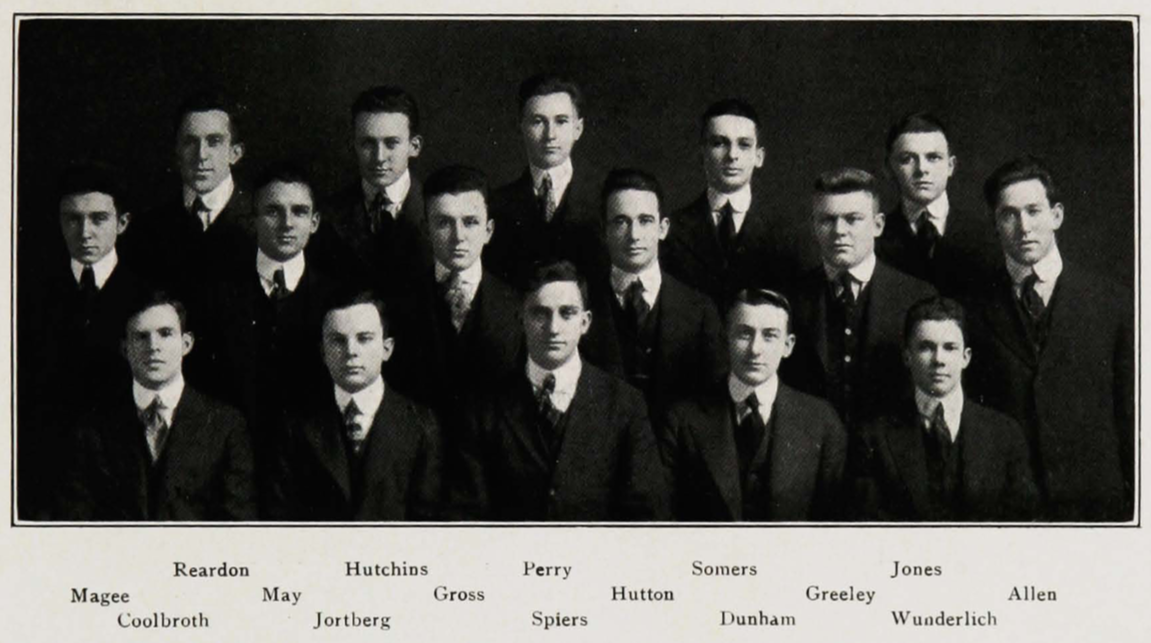

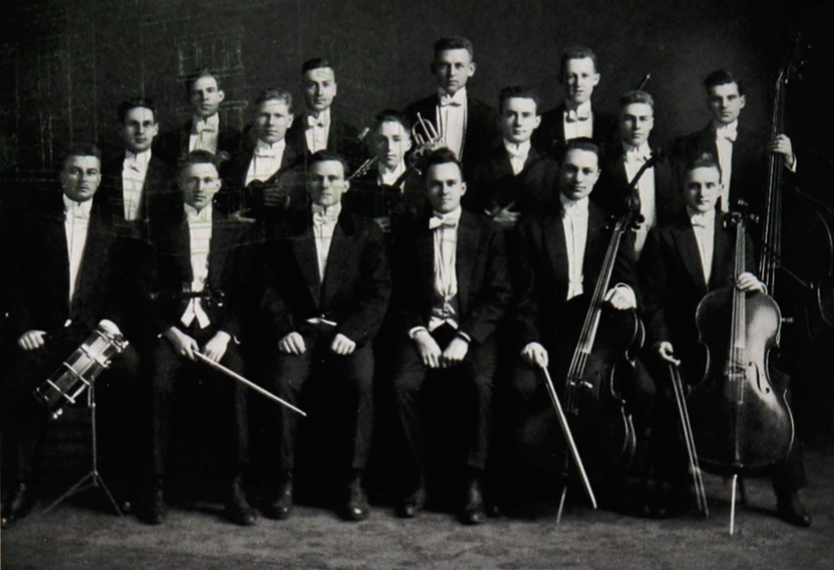
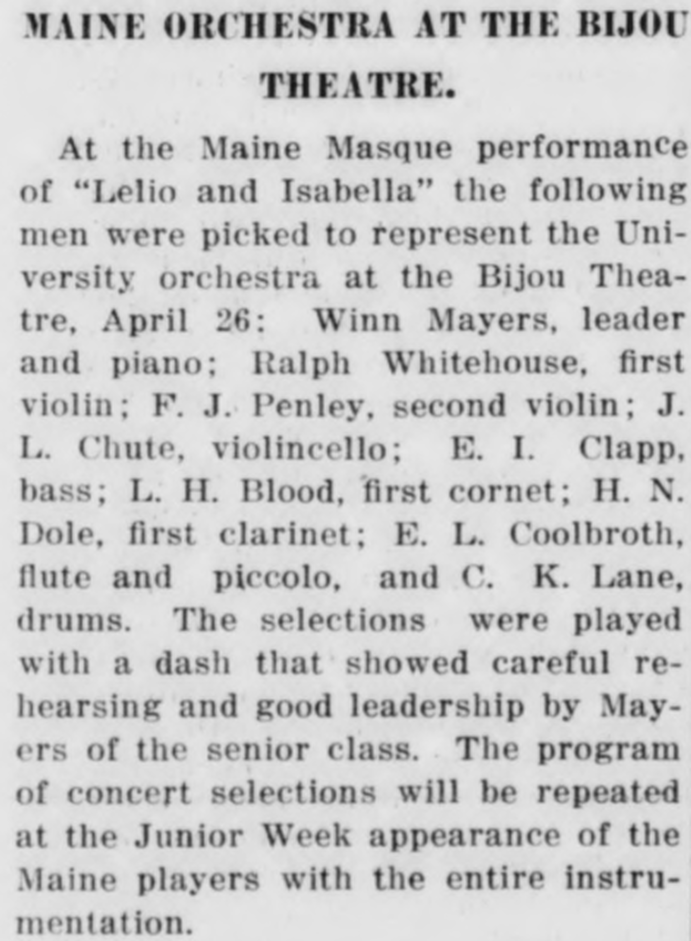

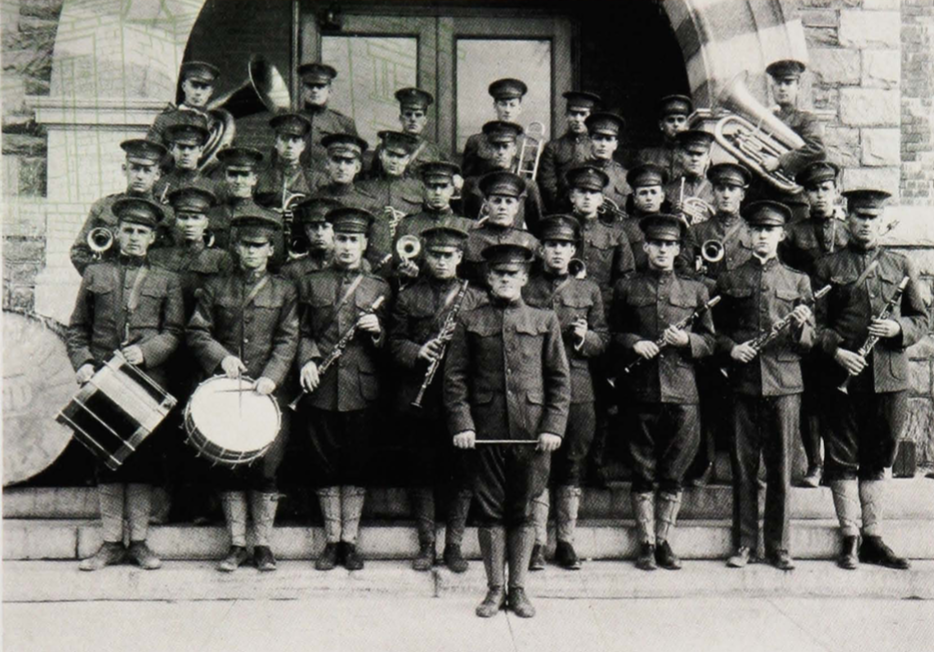
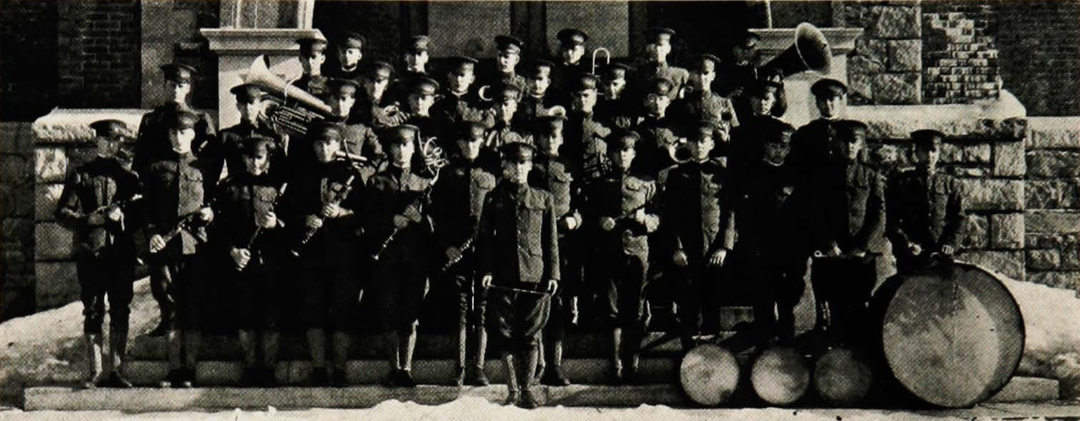
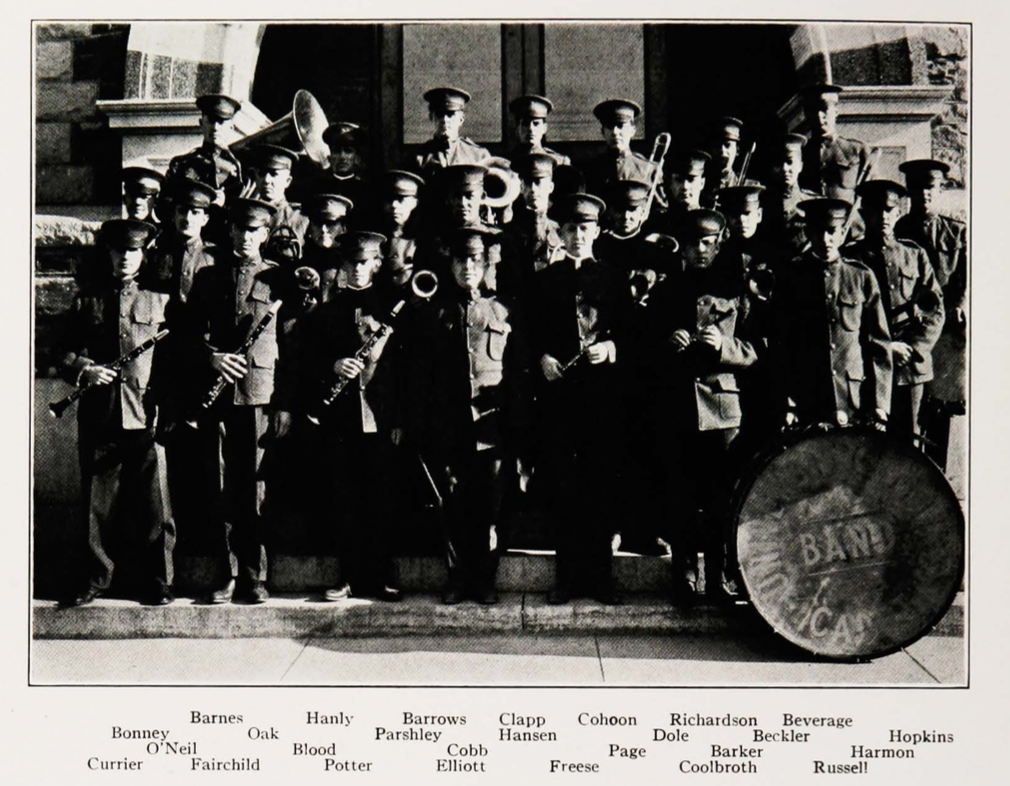
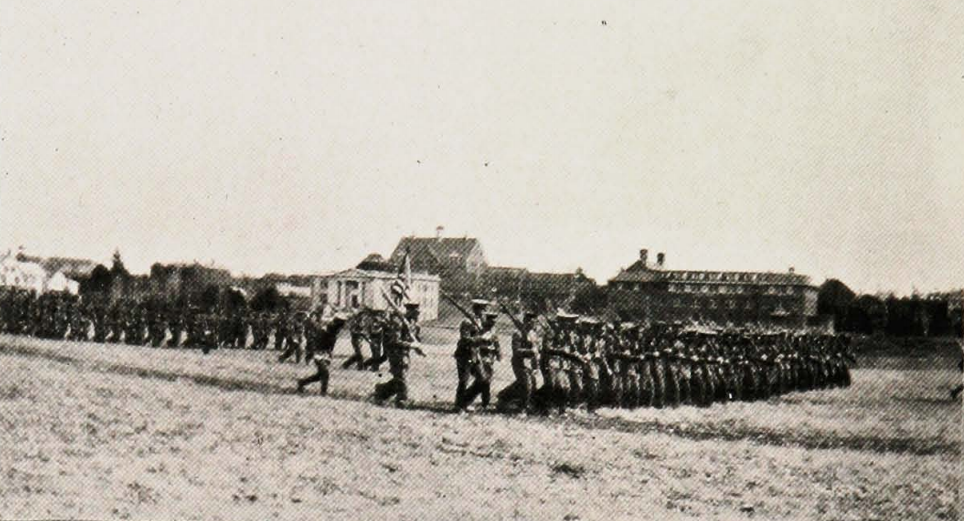
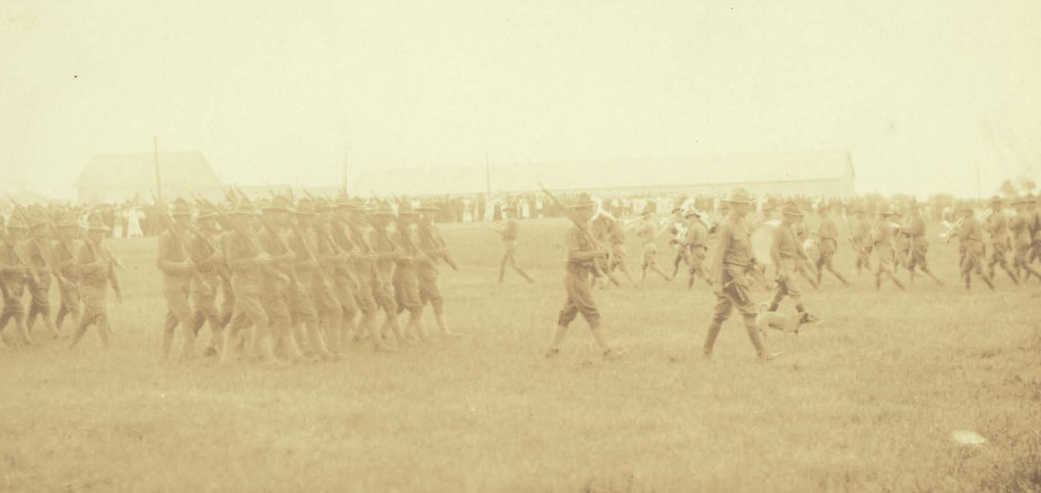
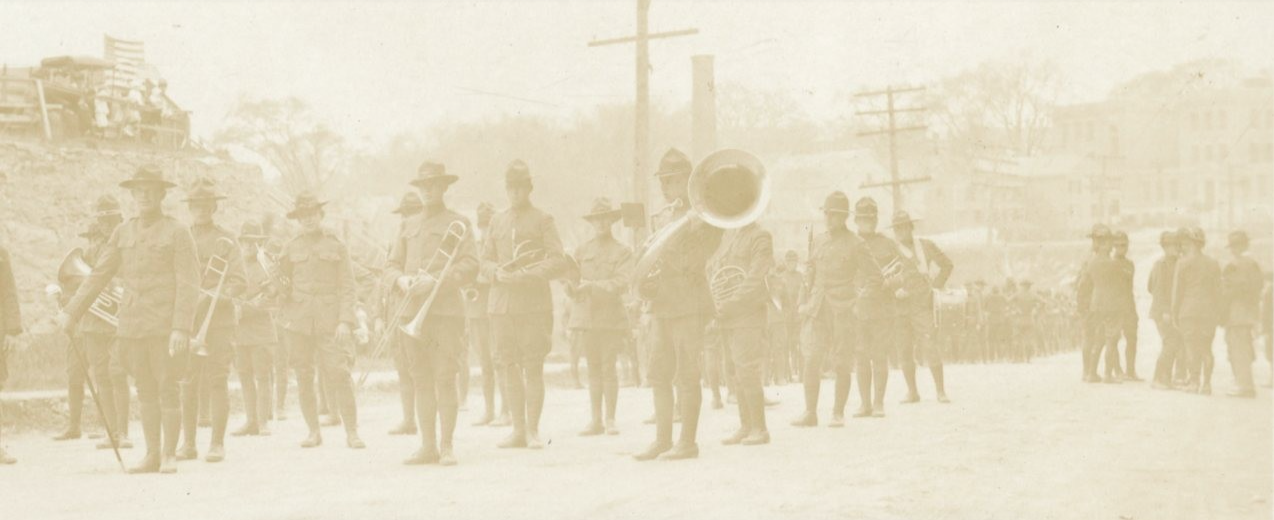


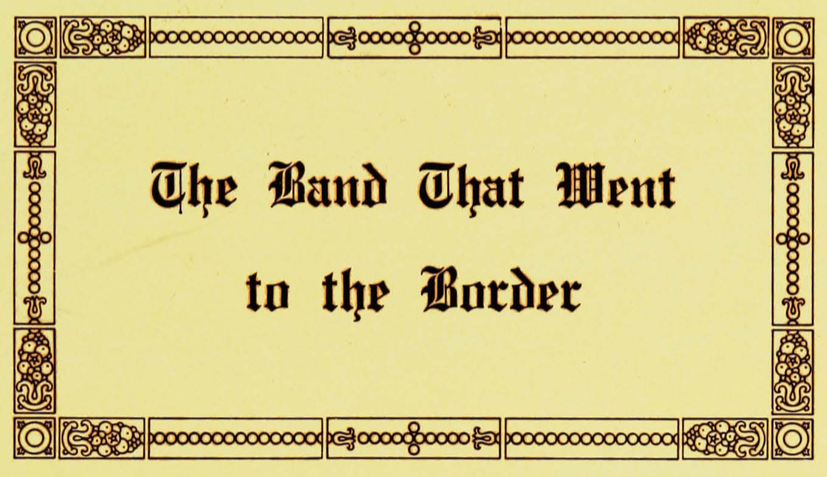
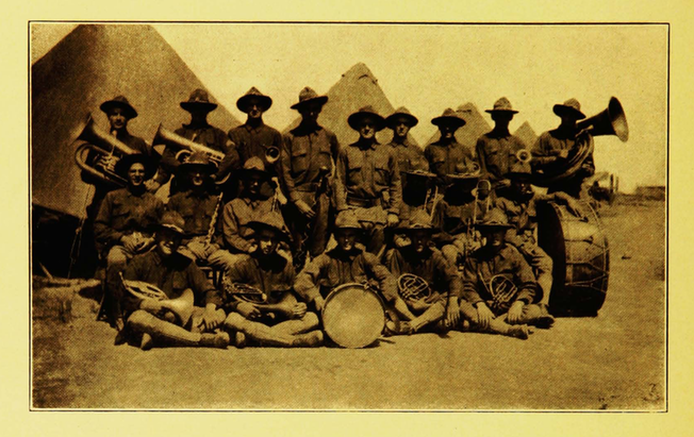
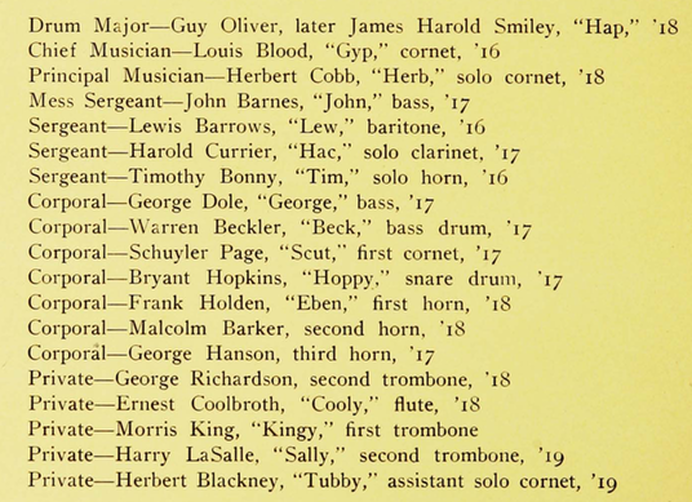
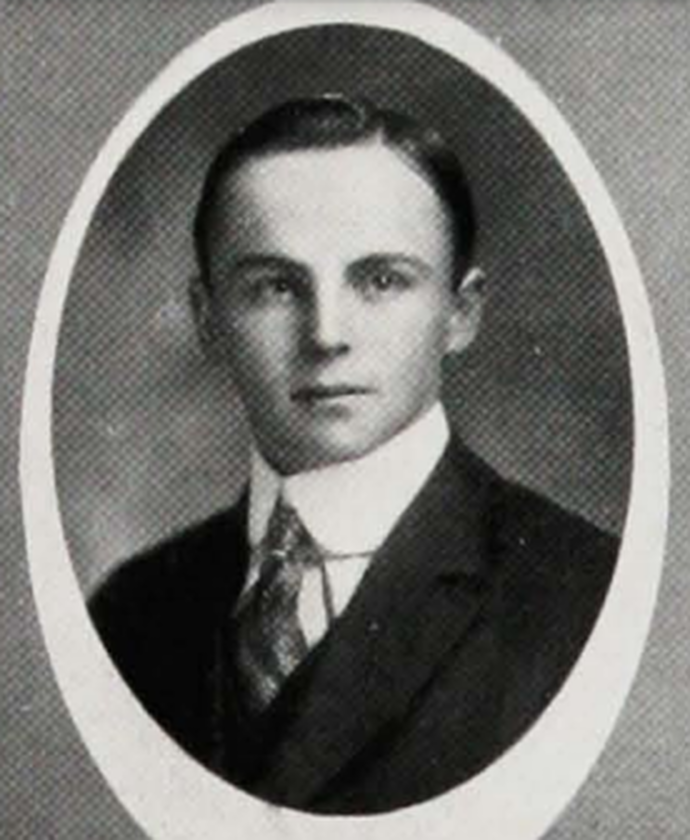
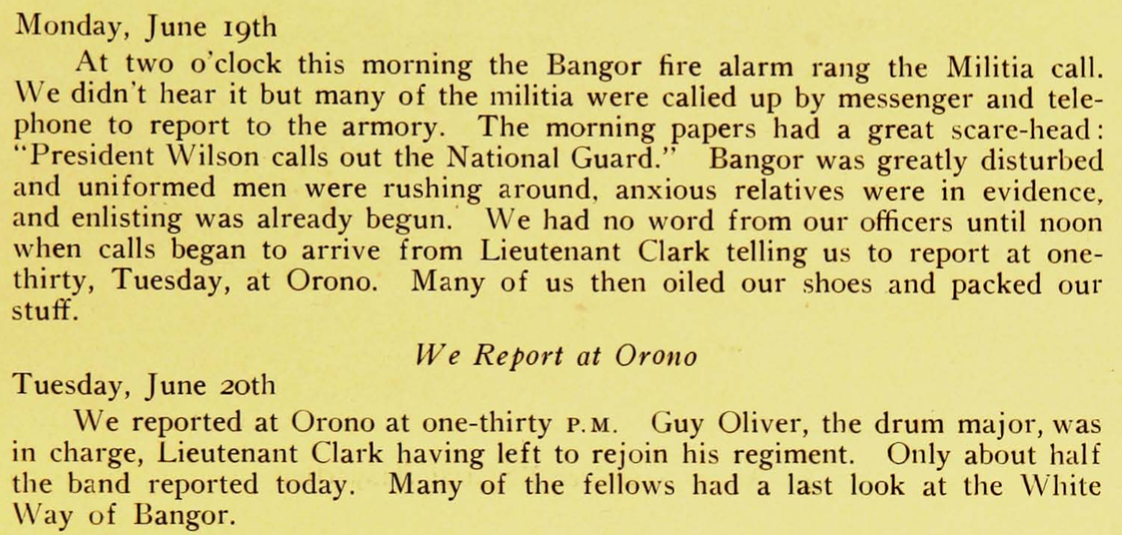
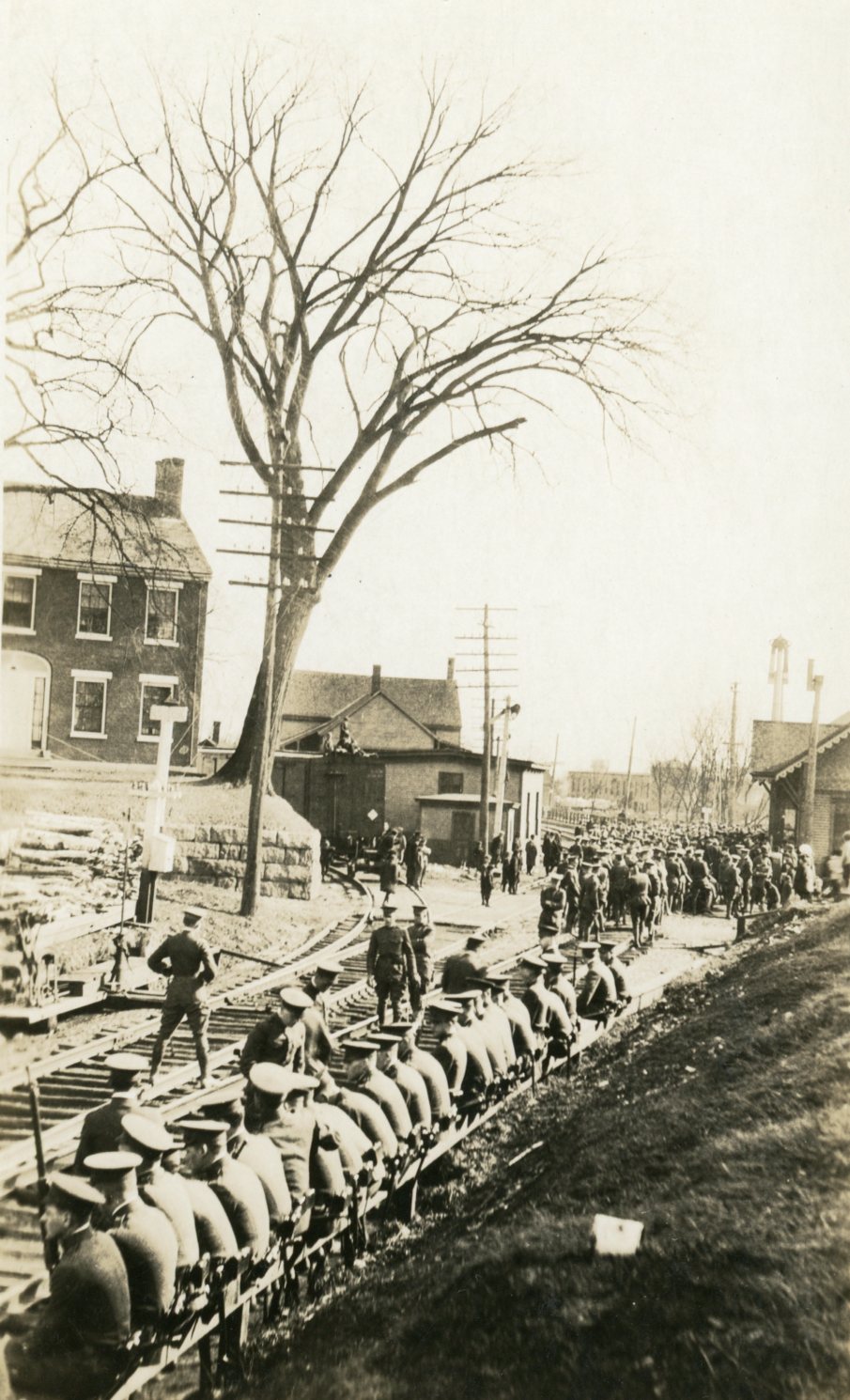


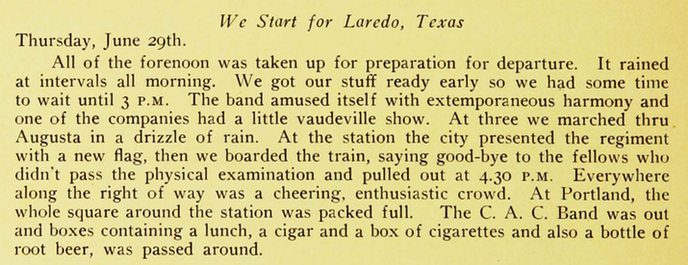

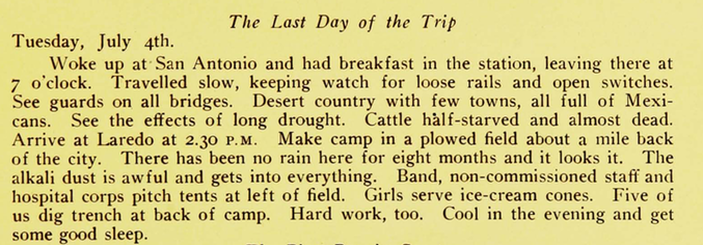


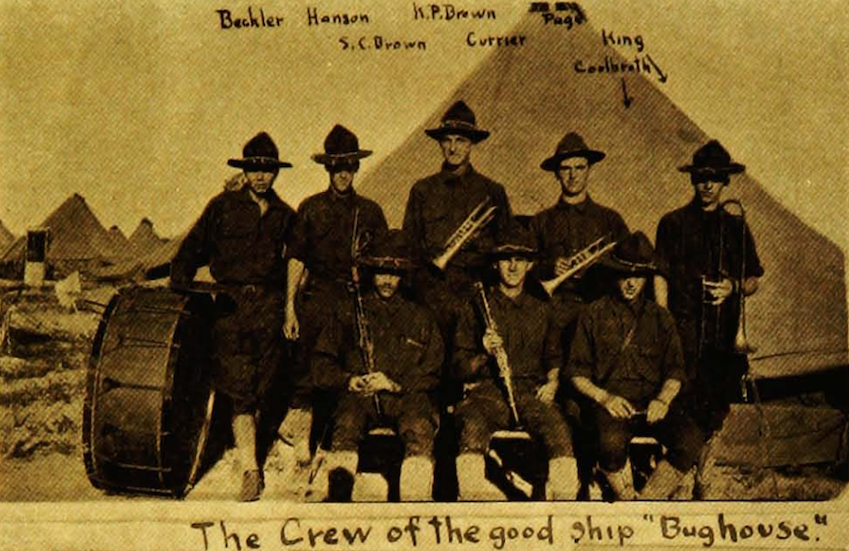
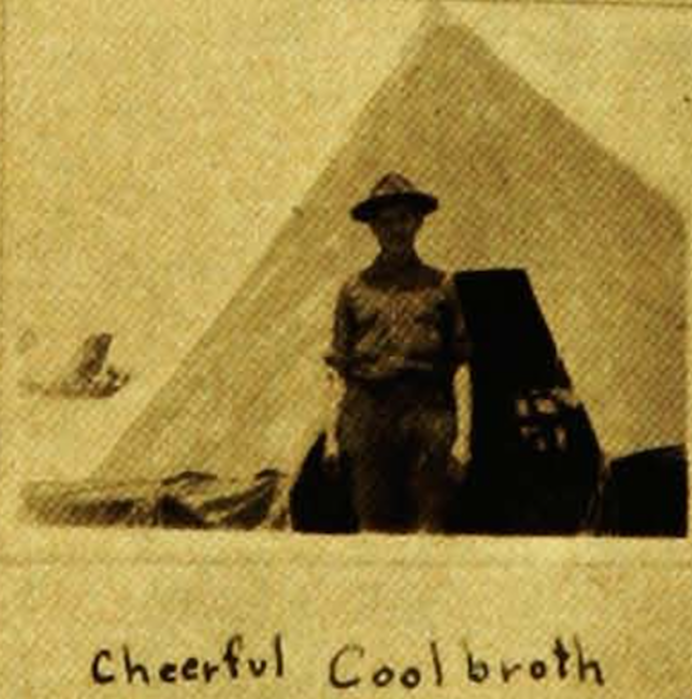
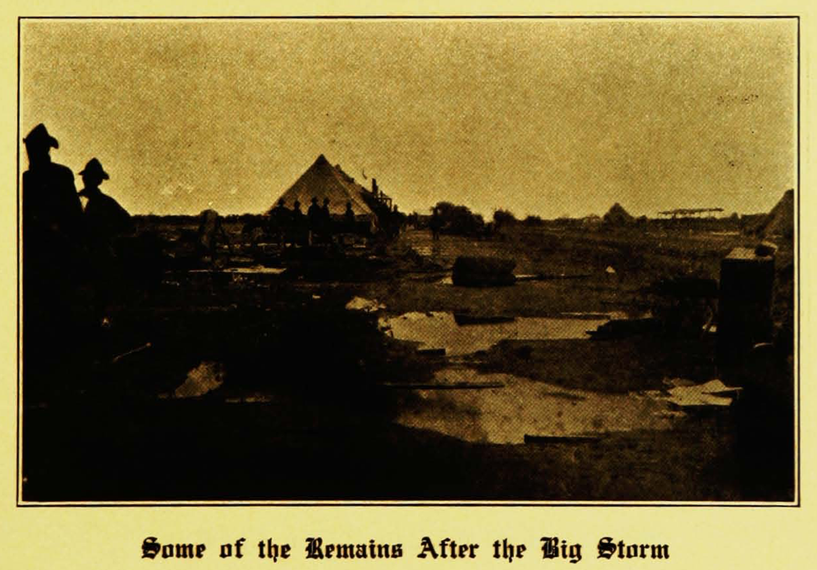

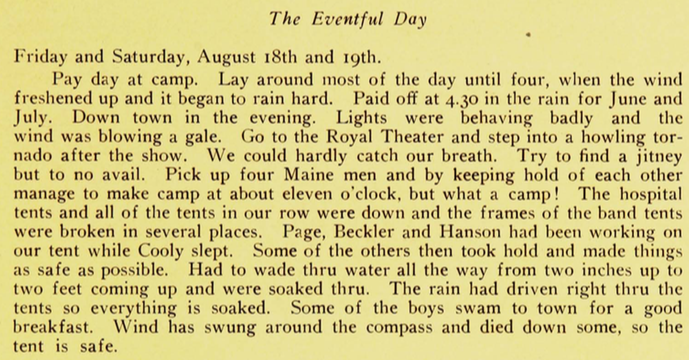


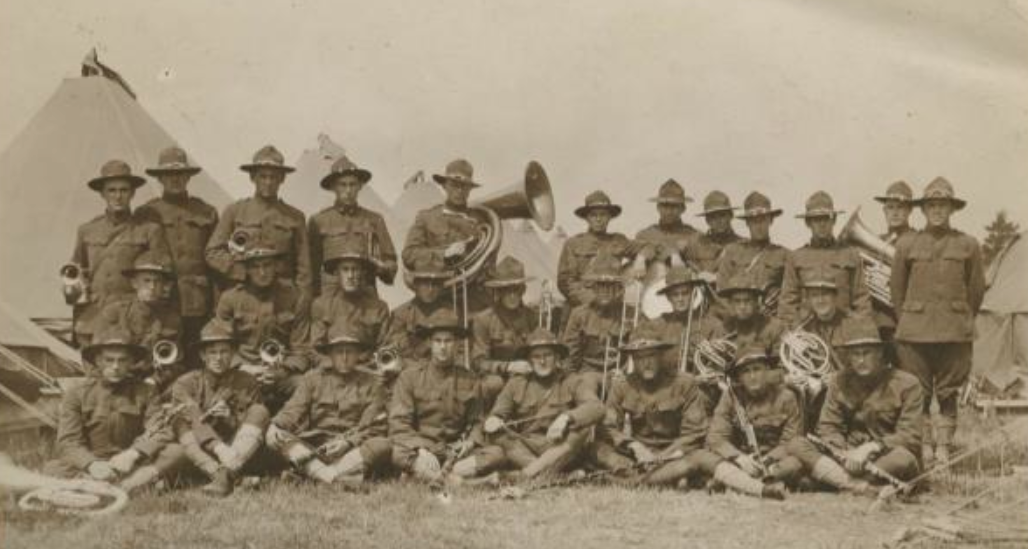

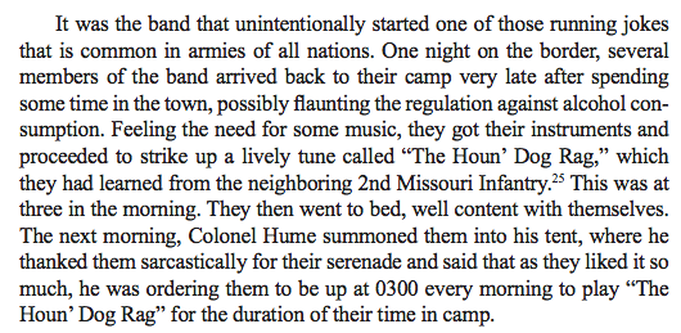
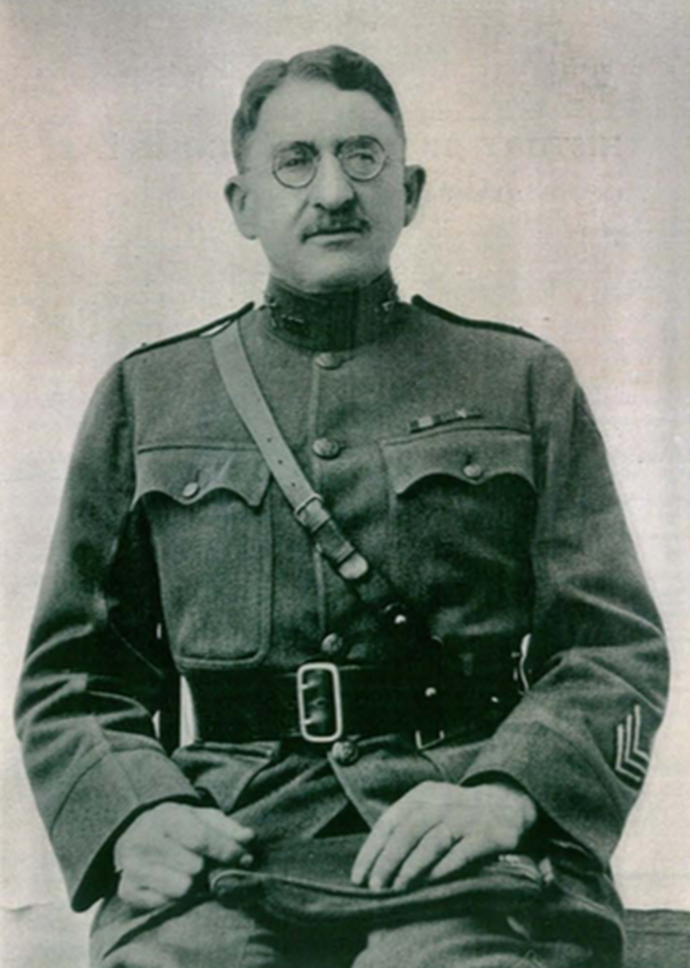





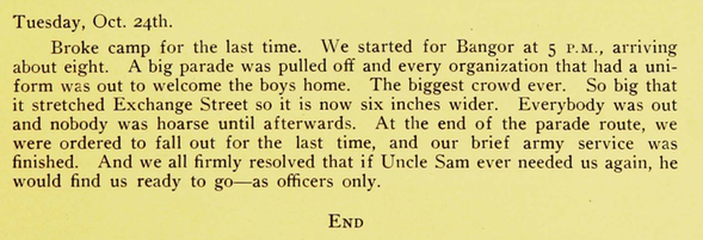


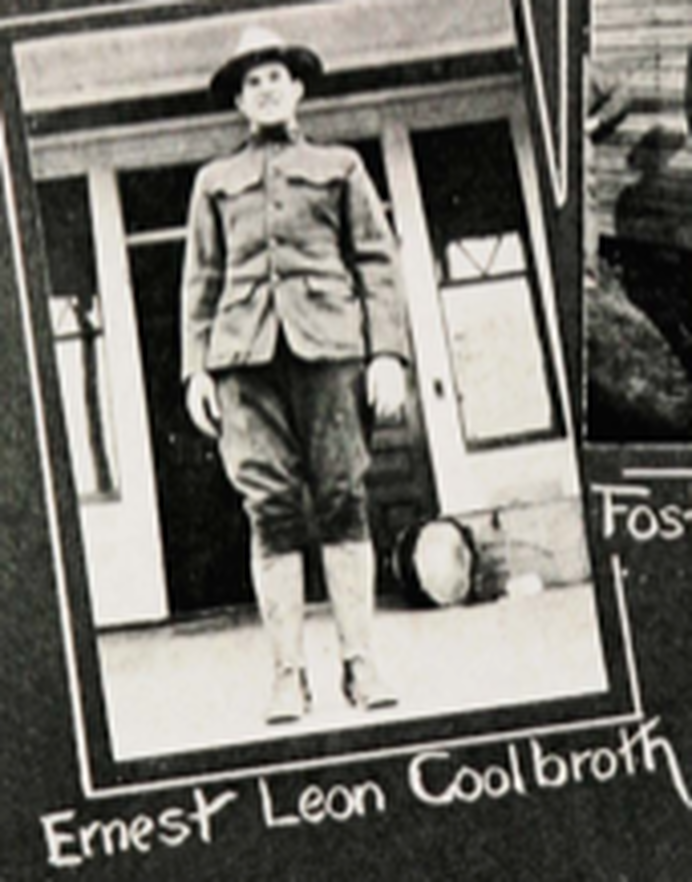

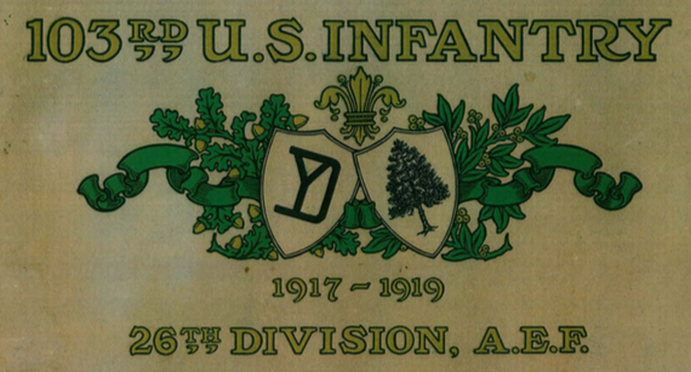
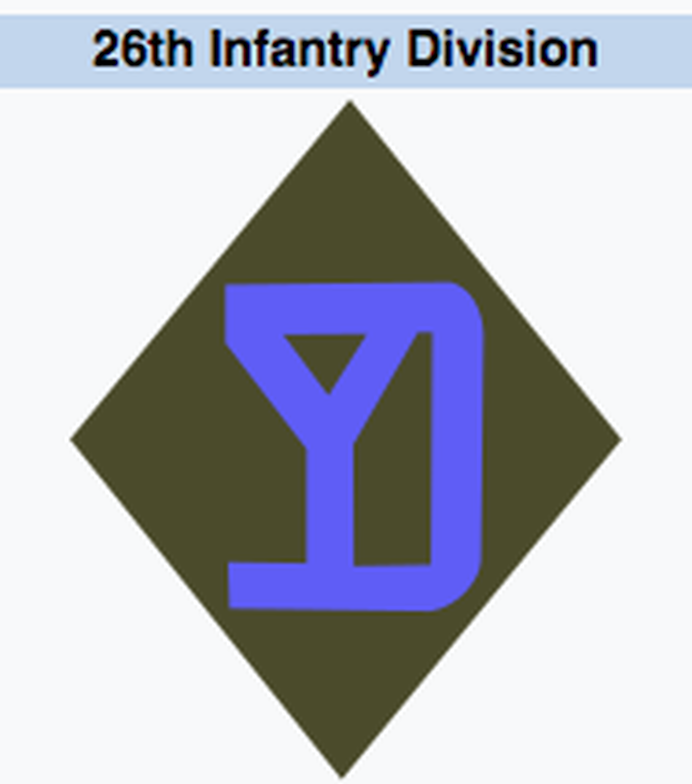


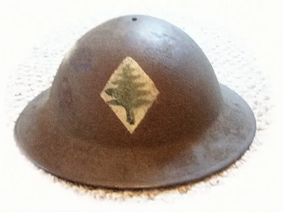
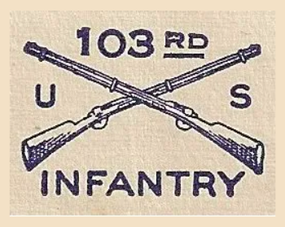
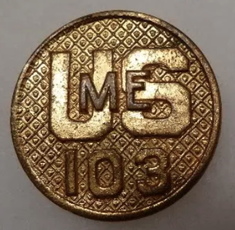

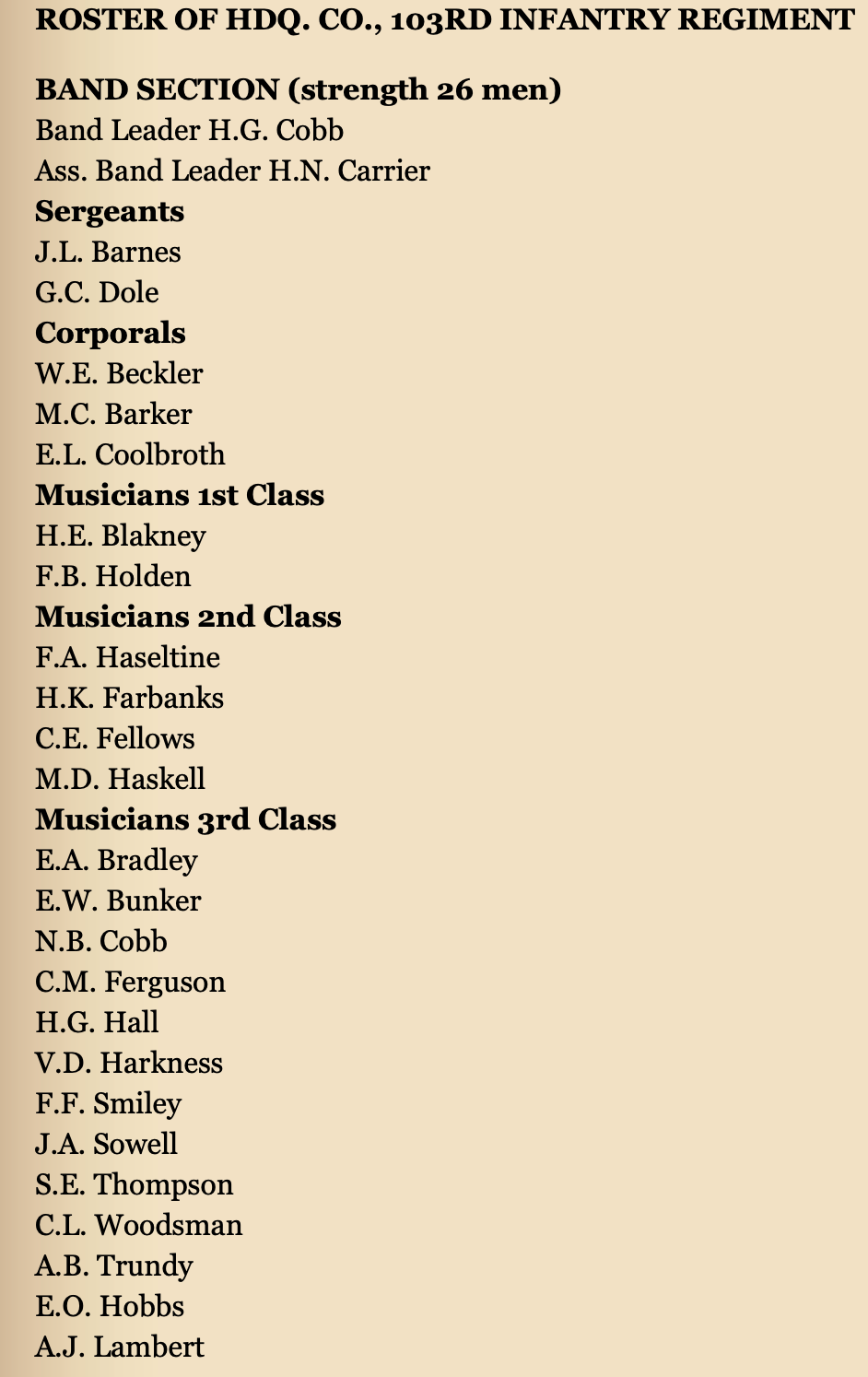
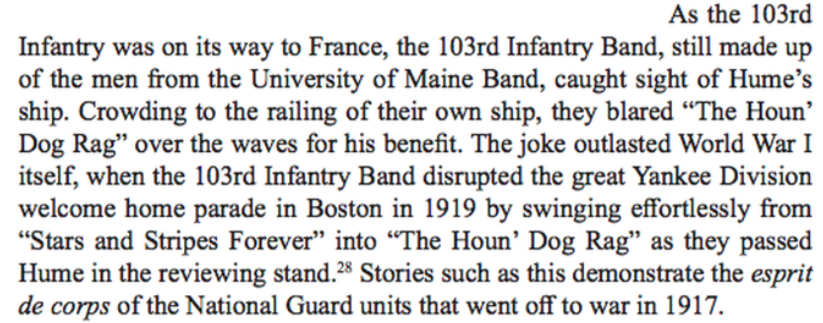
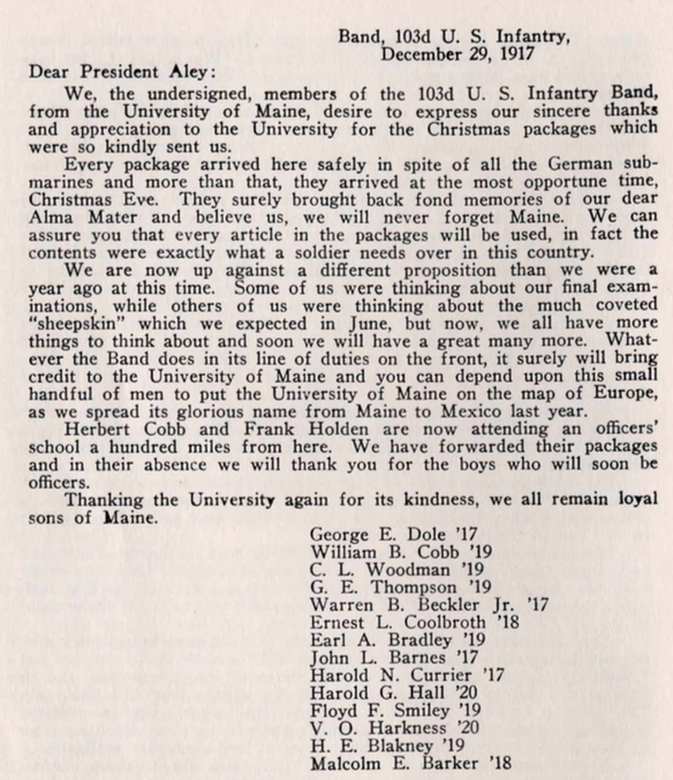
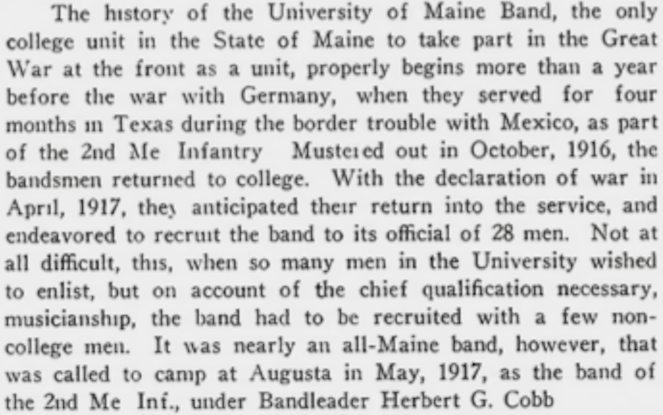
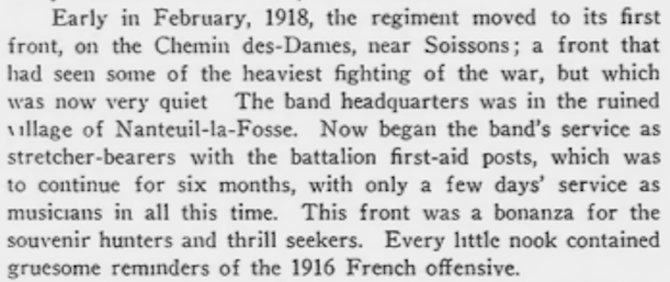
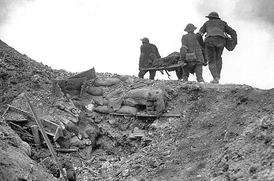
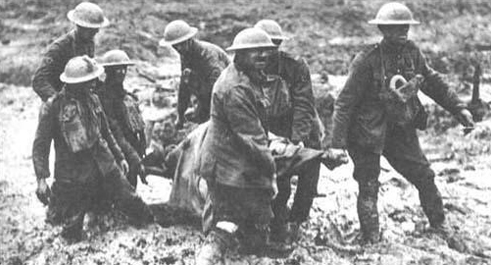
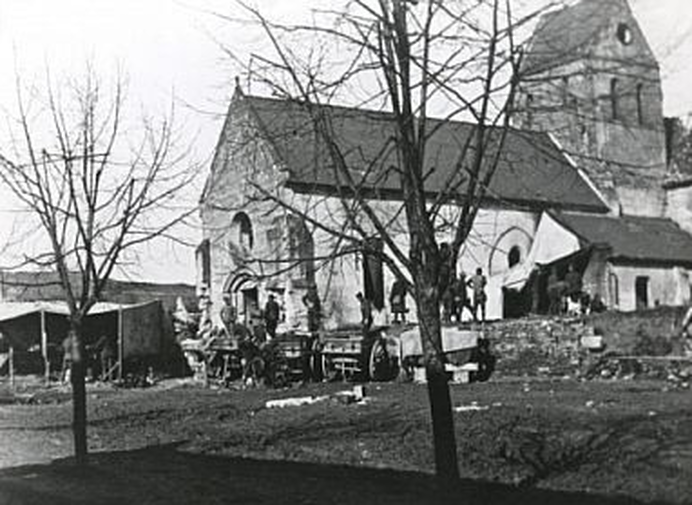
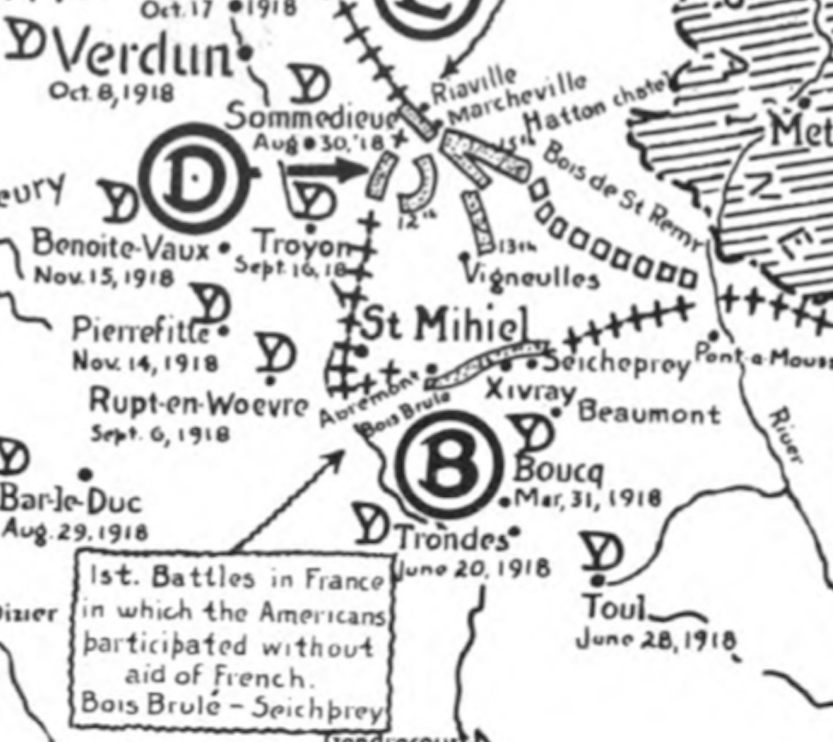

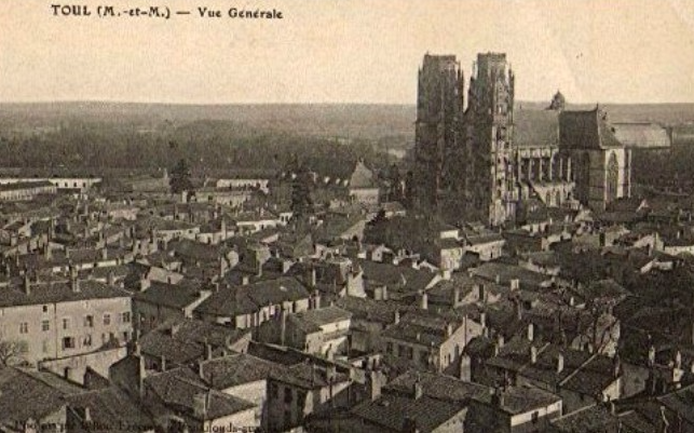
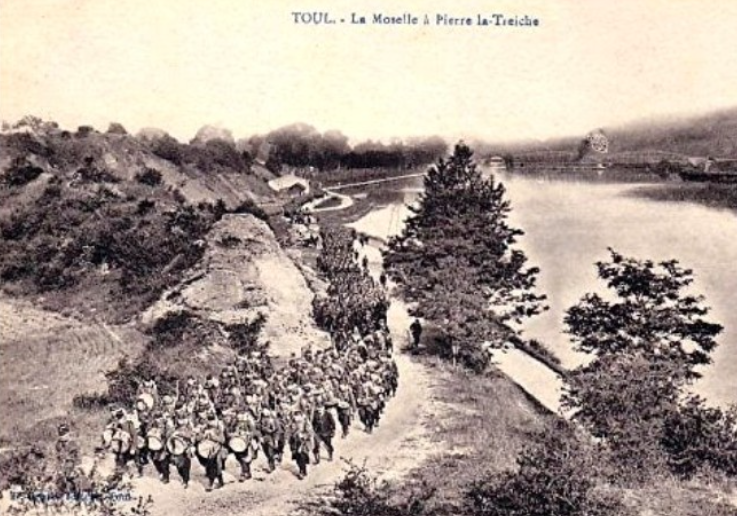
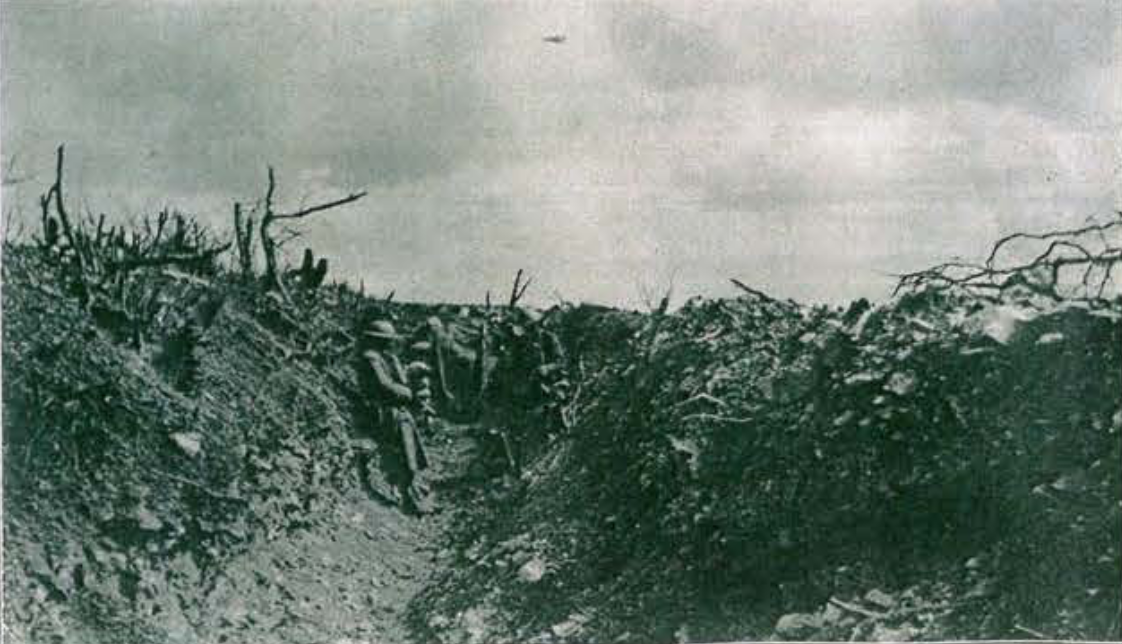

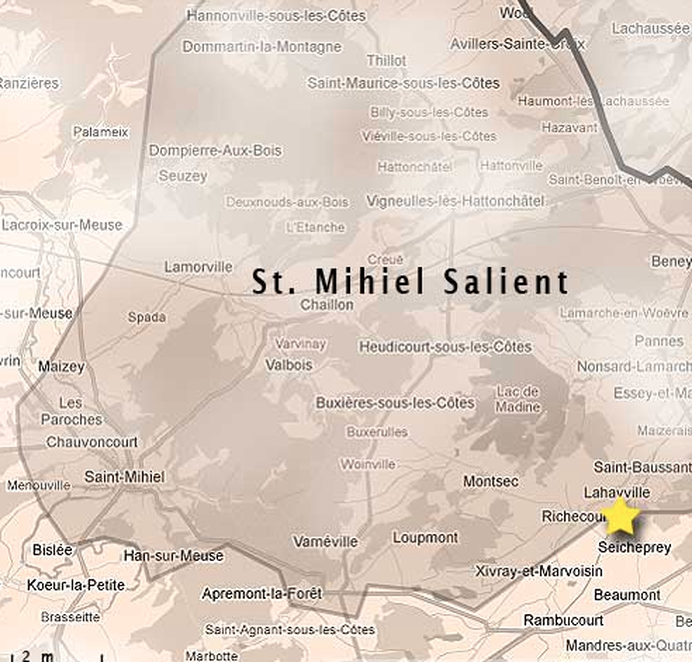
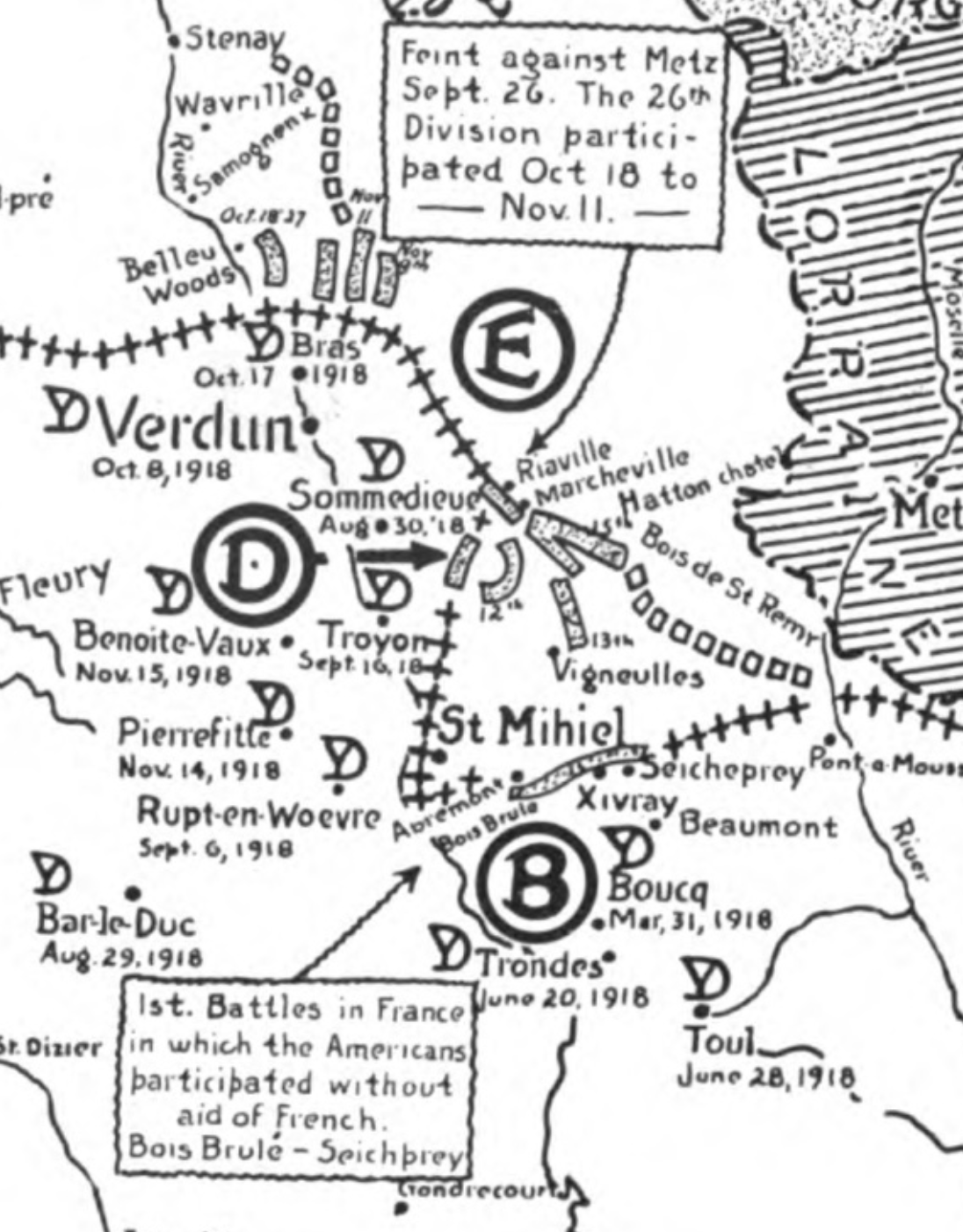
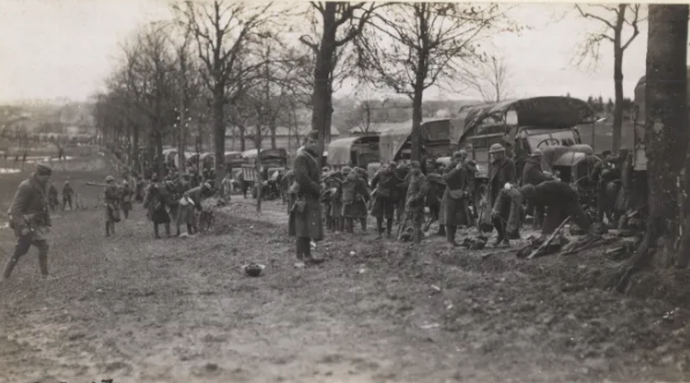

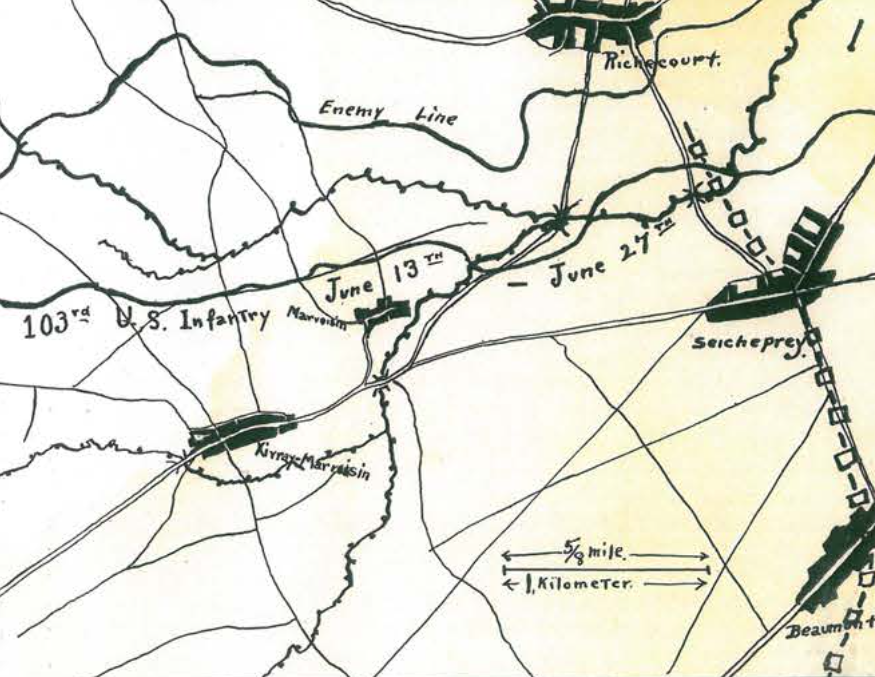
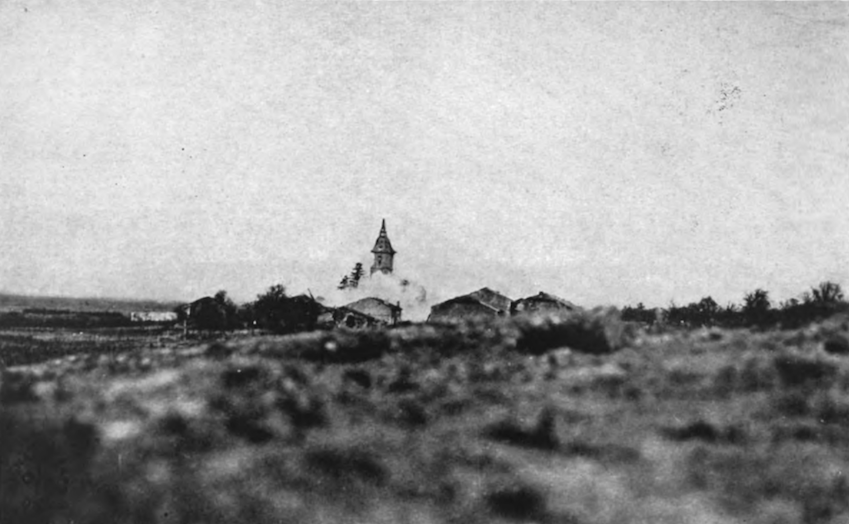

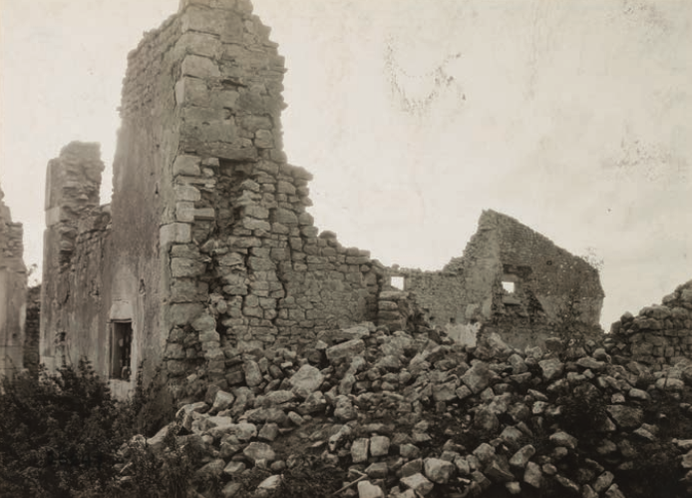
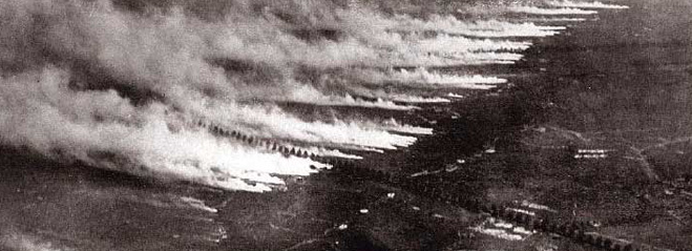
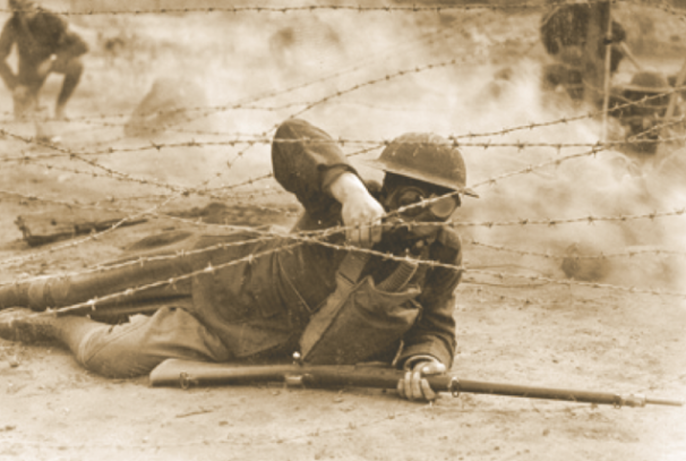
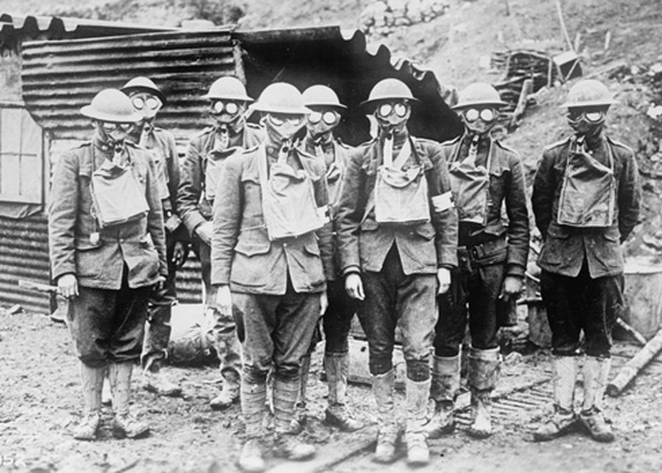
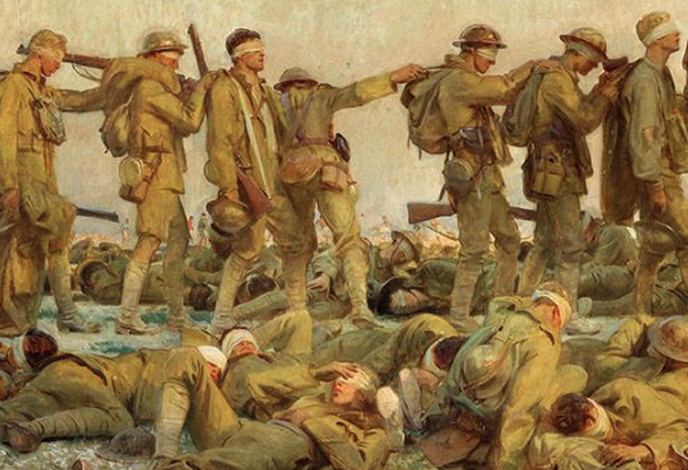
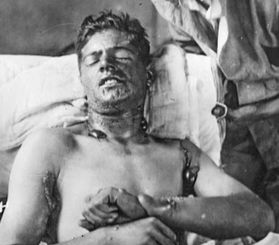
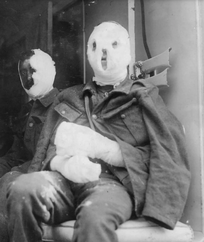
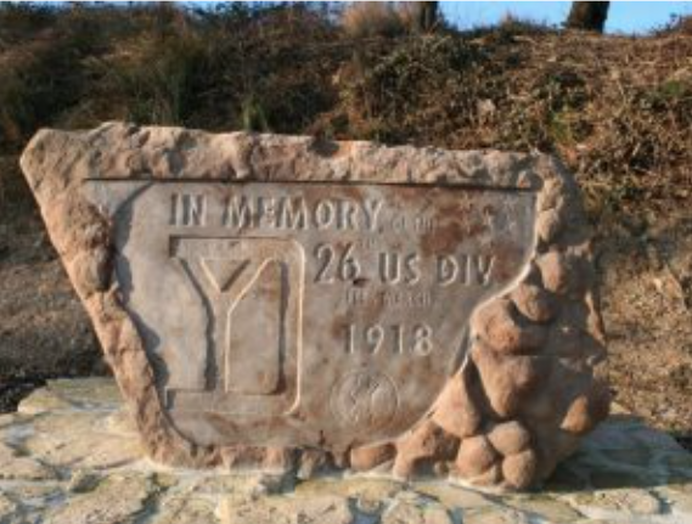
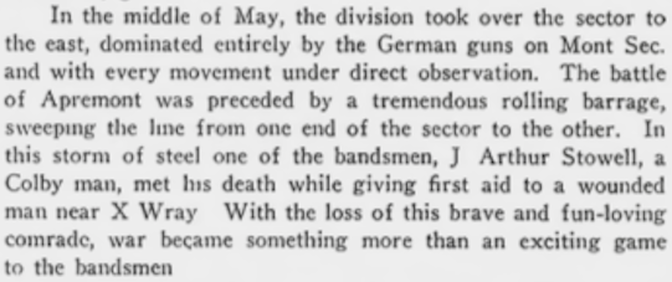
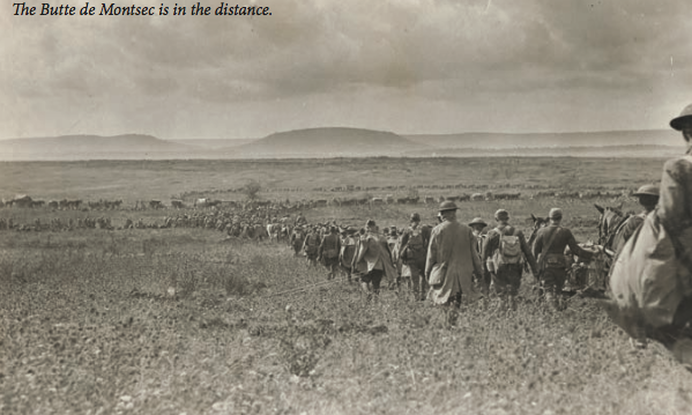
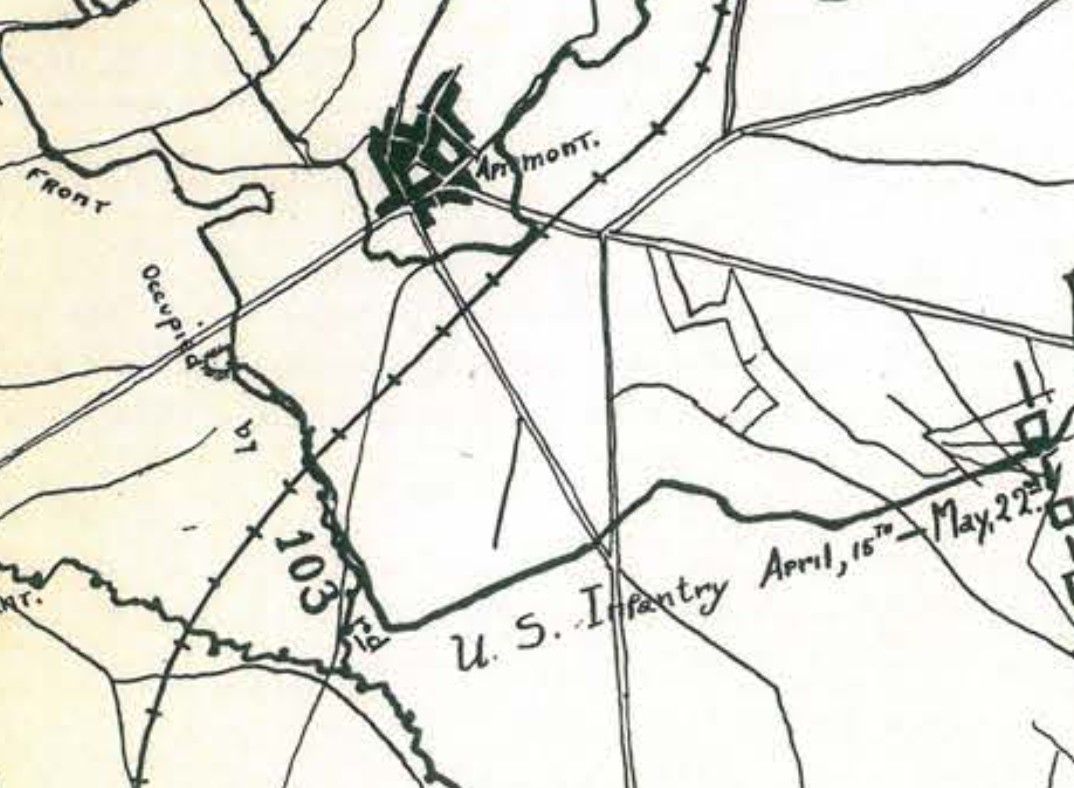

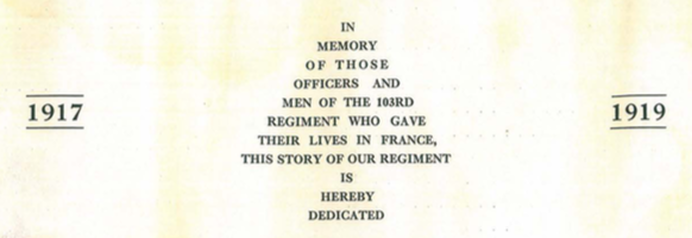
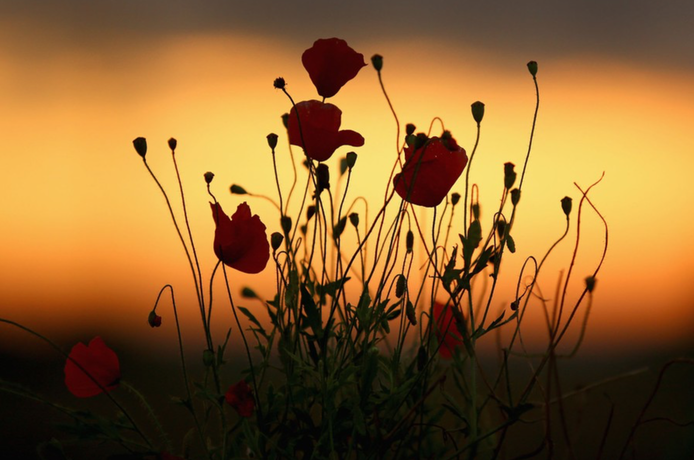
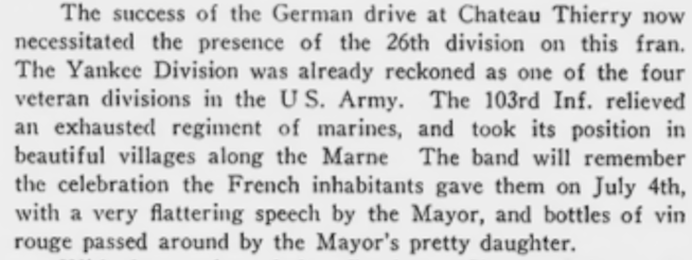
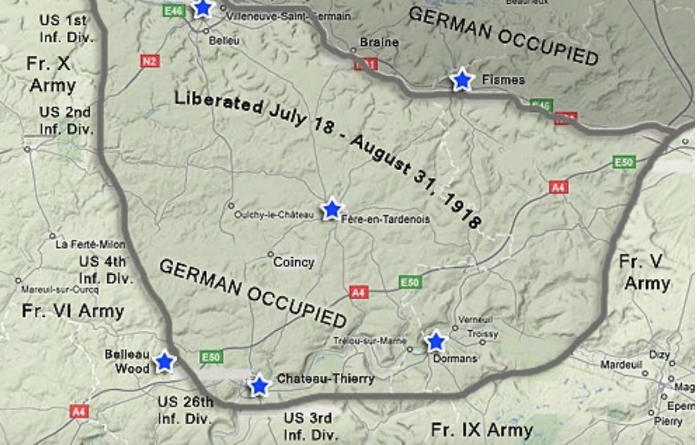
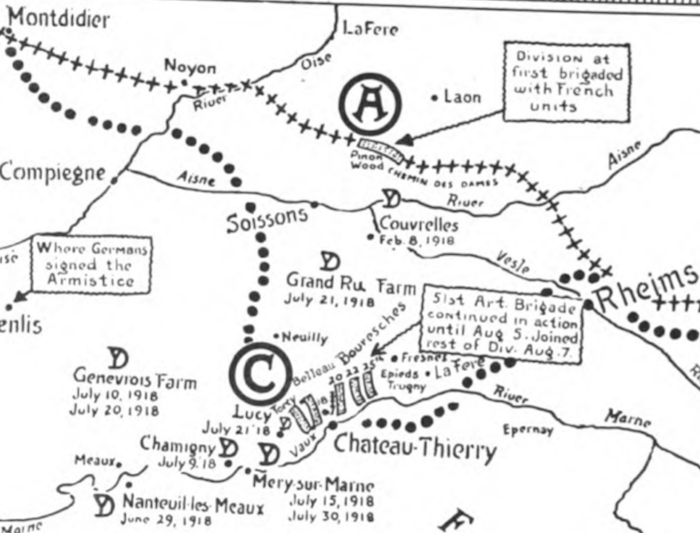
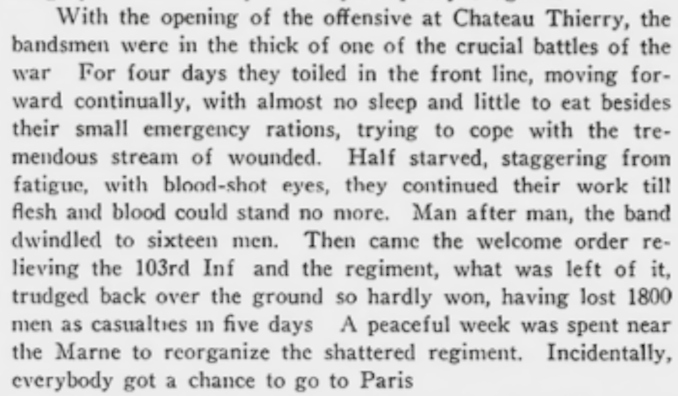
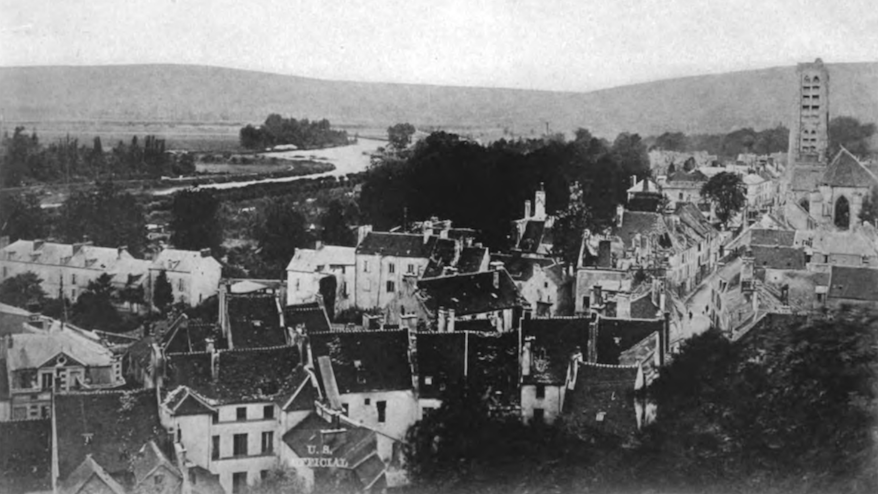
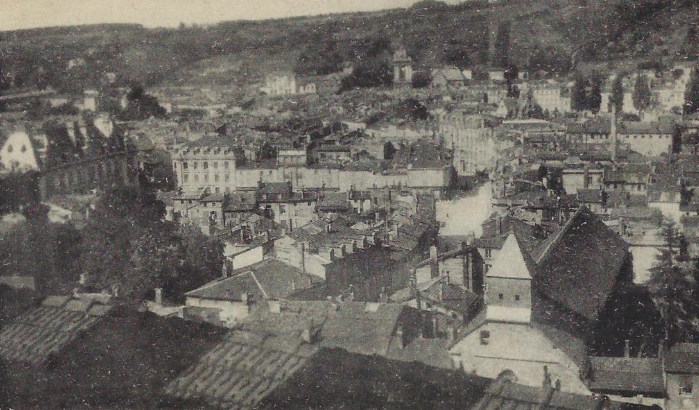
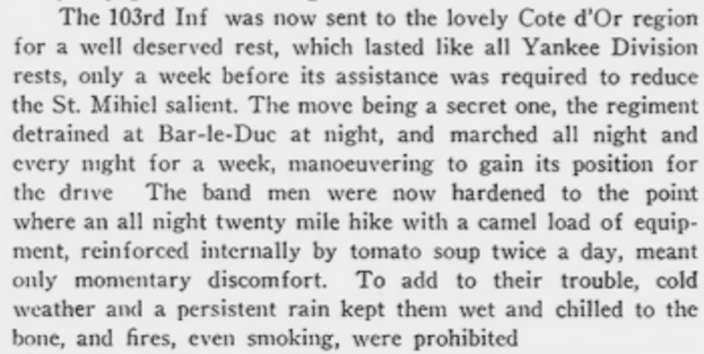
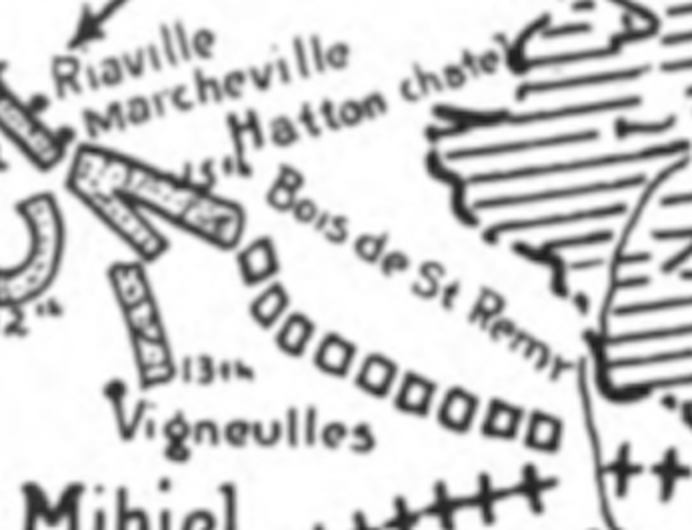
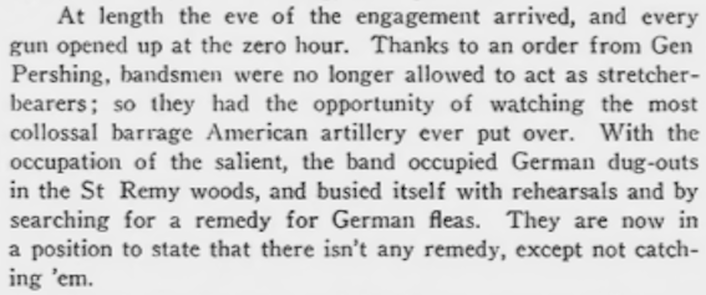
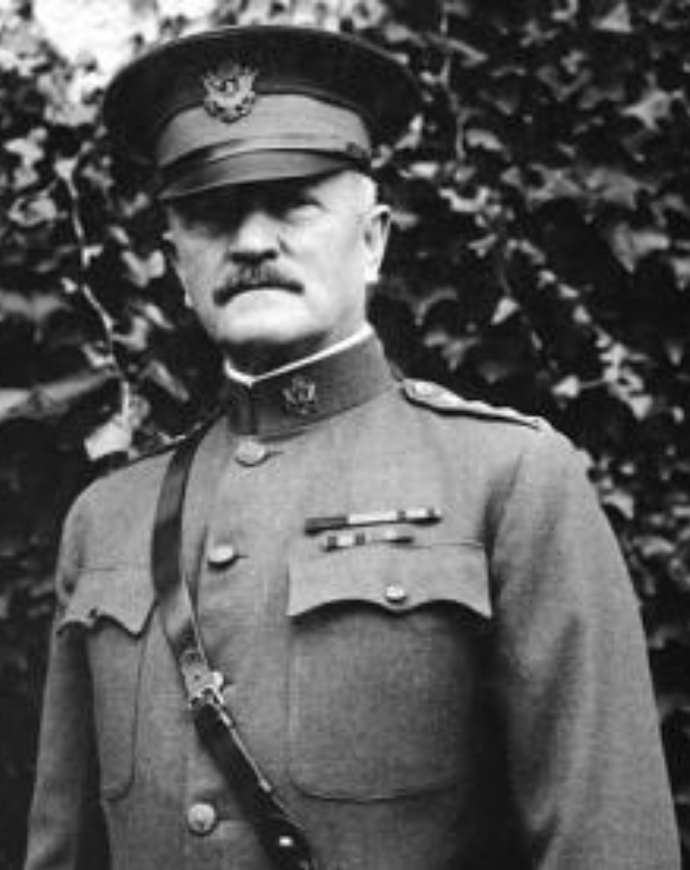
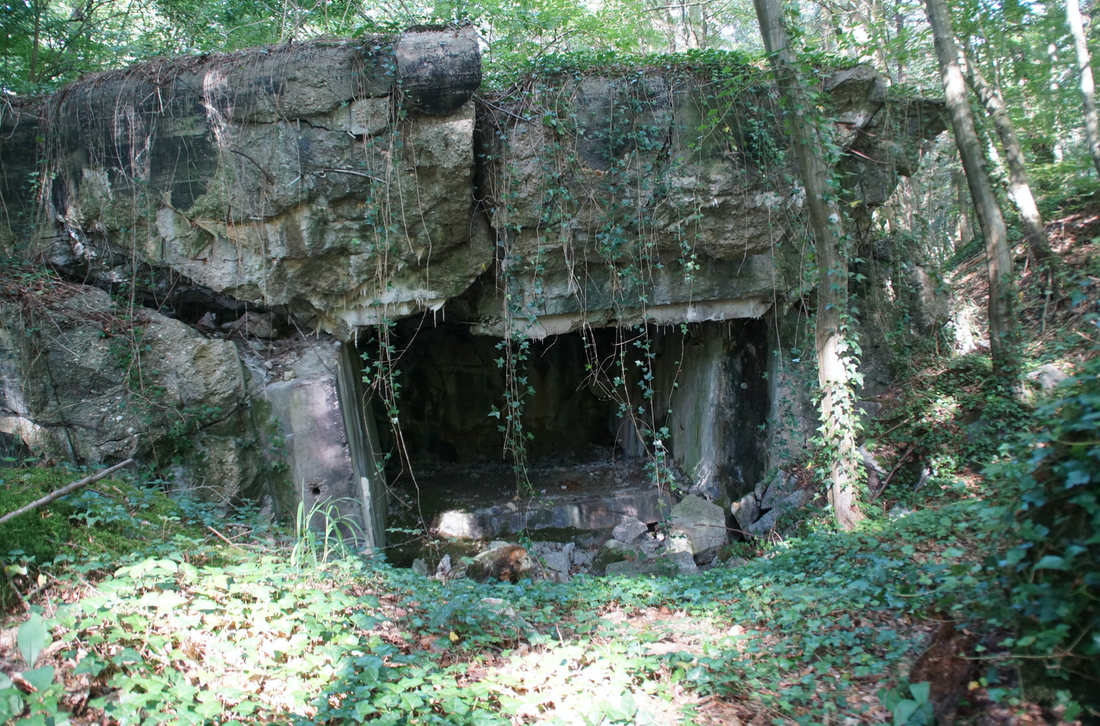
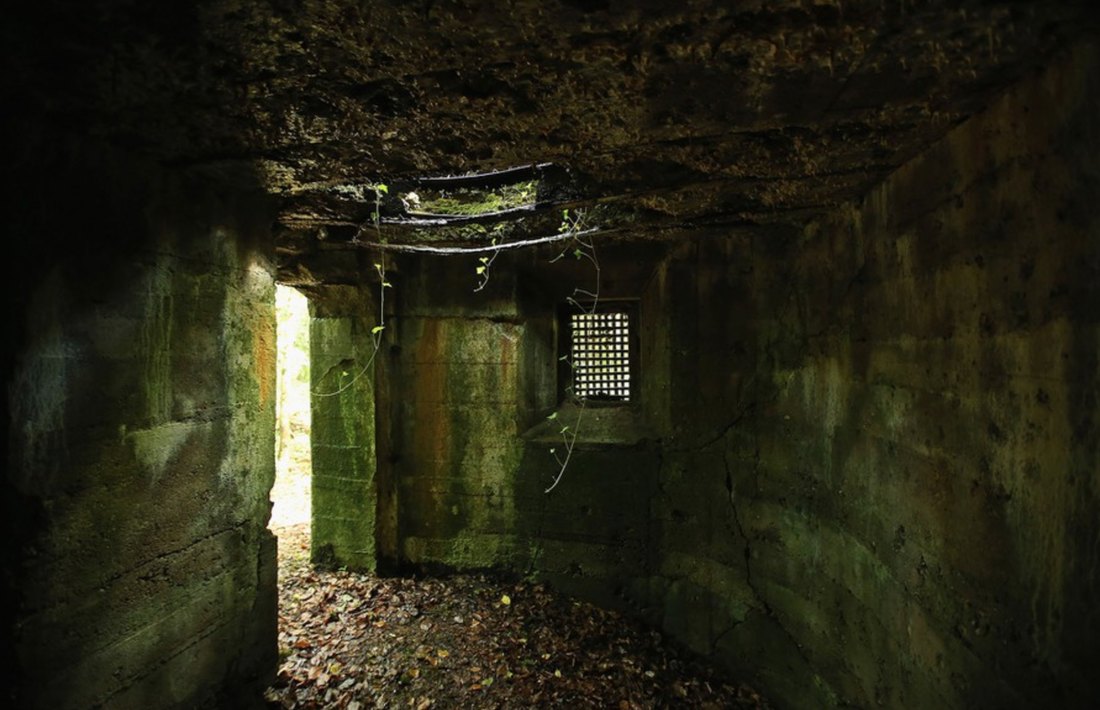
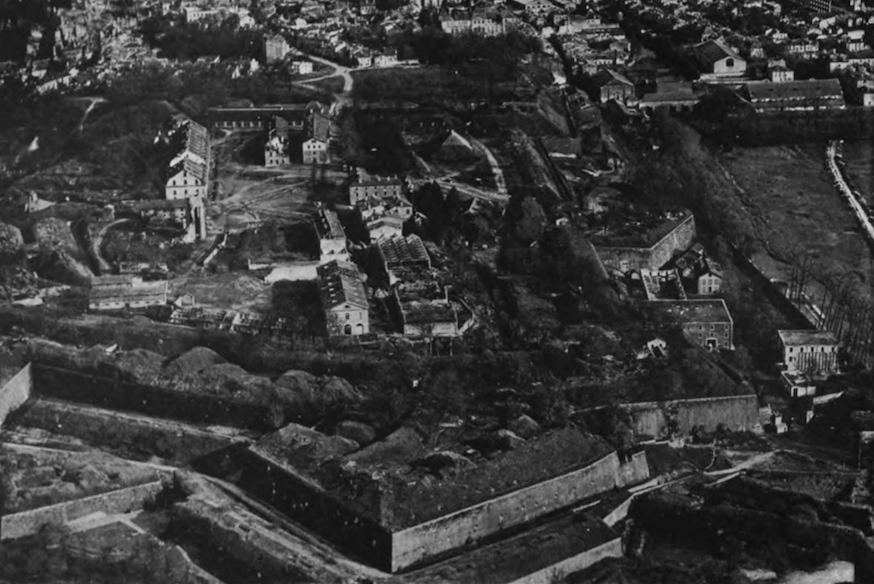



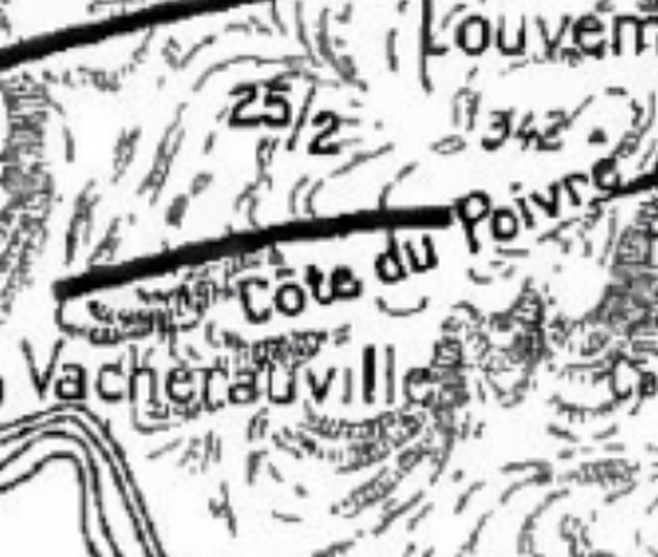

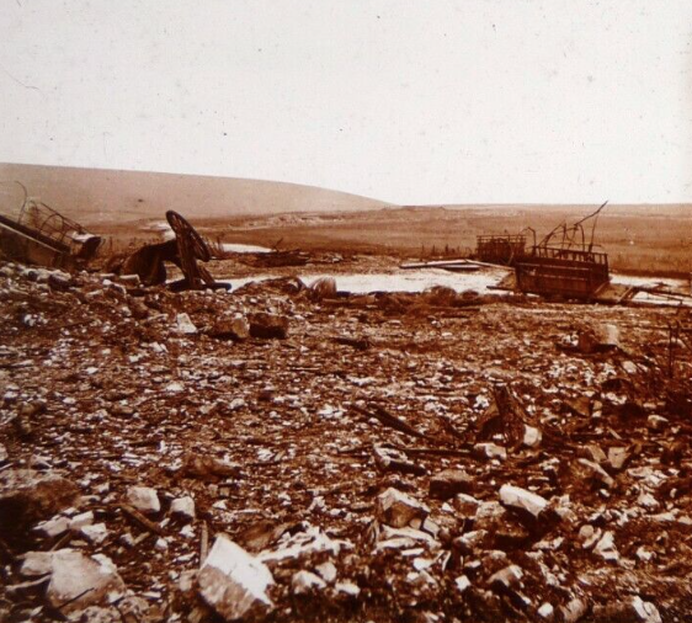
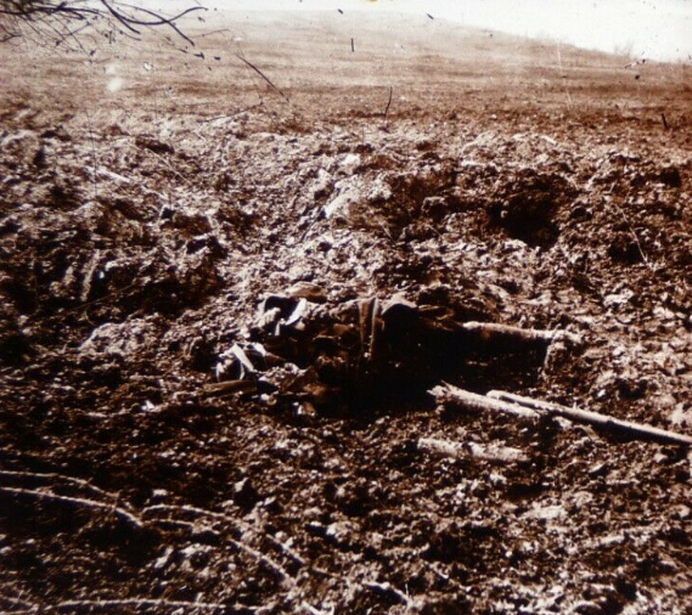


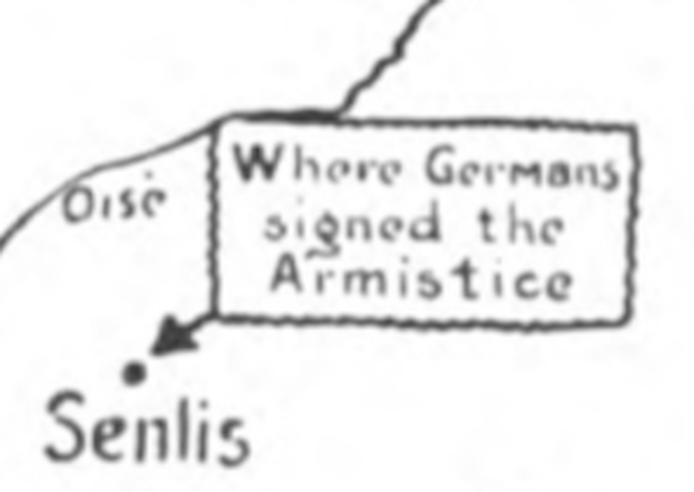
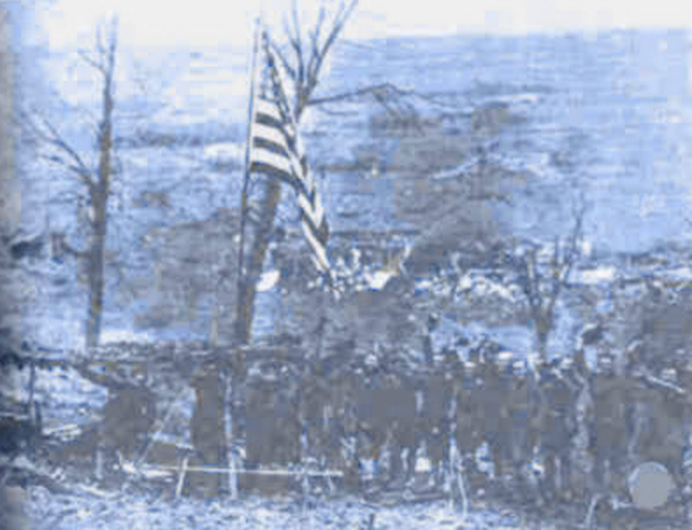
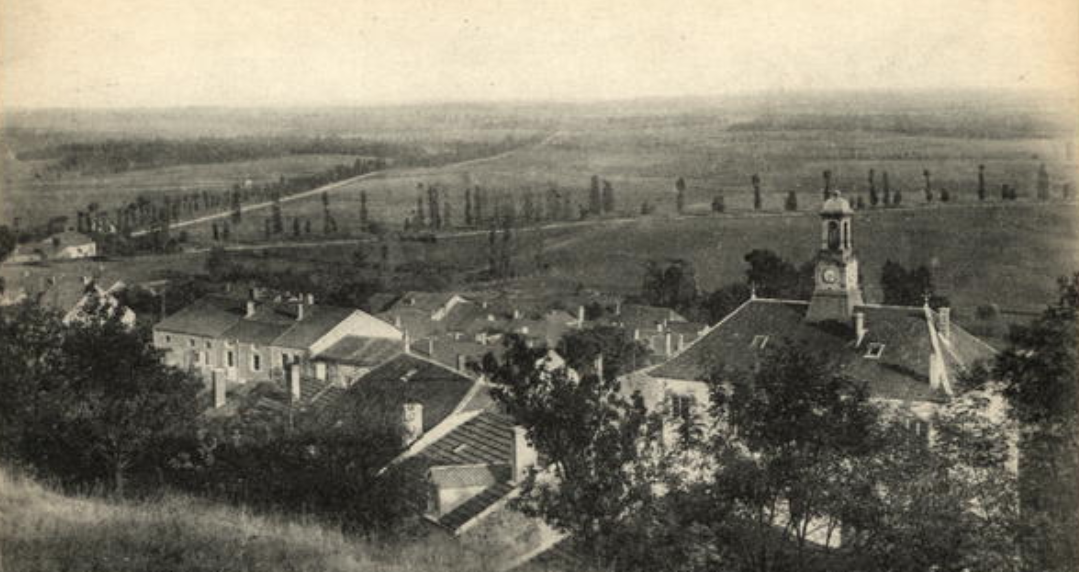

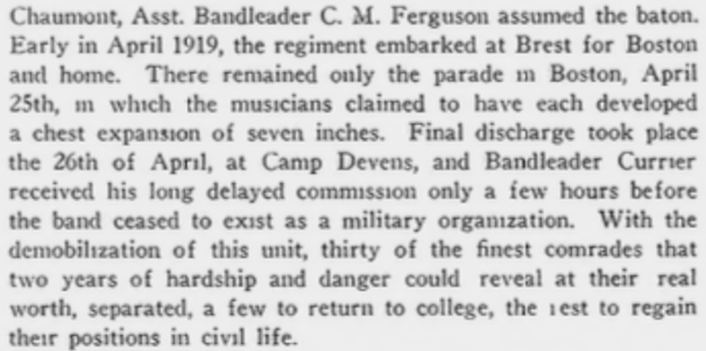
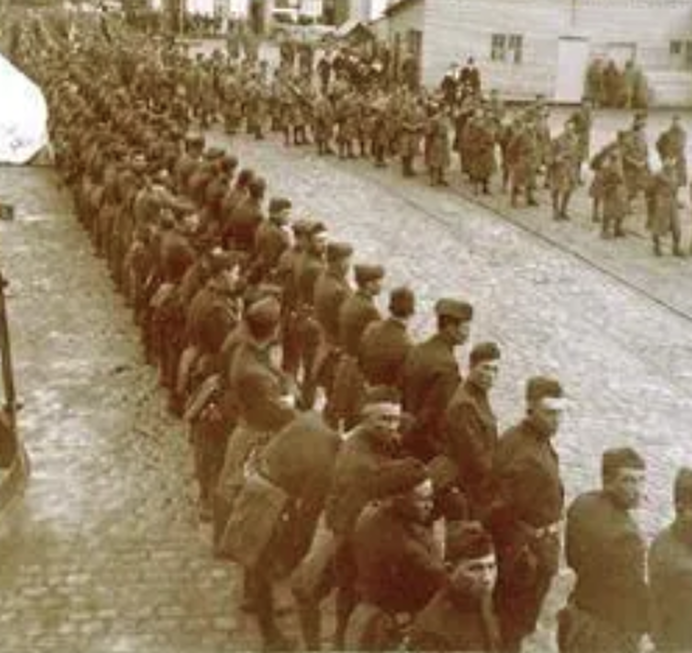
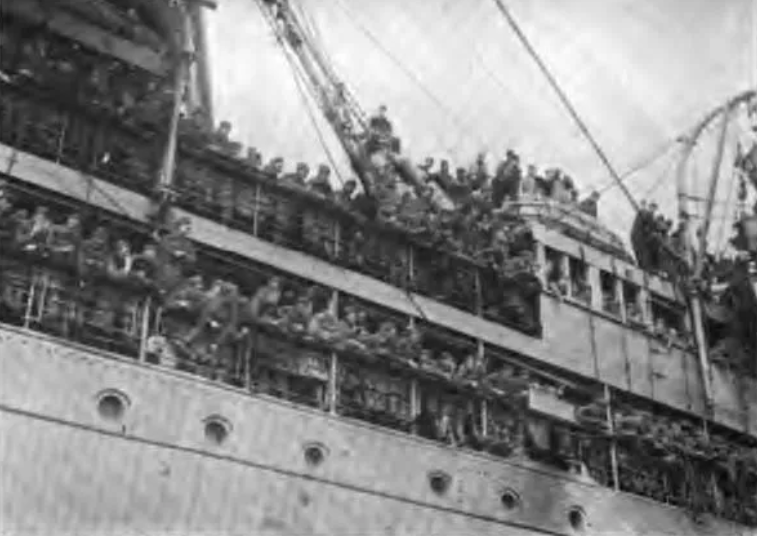



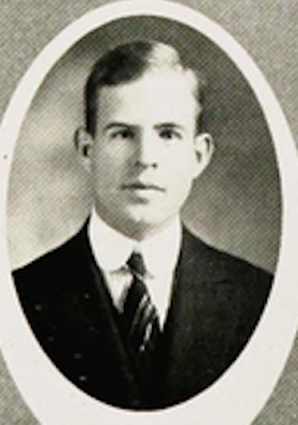
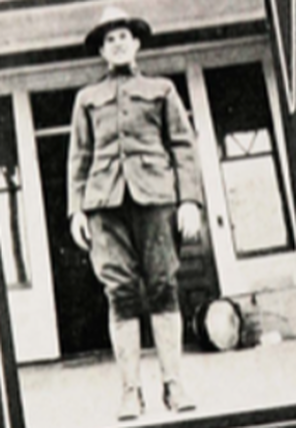
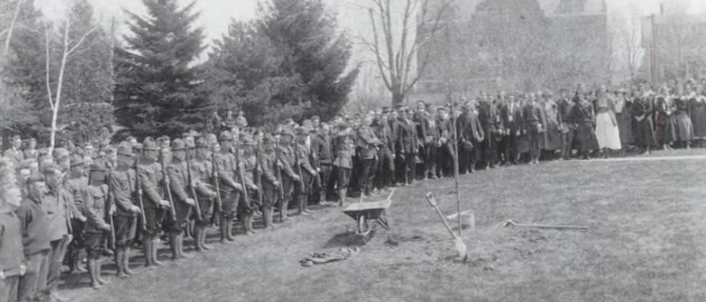
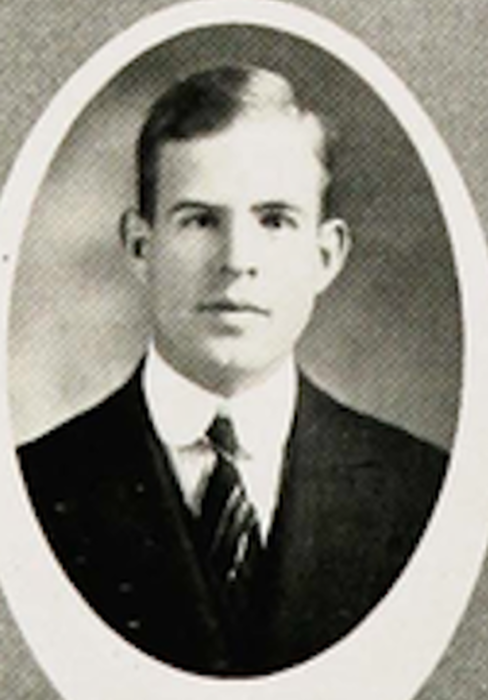

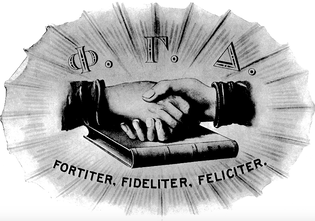


 RSS Feed
RSS Feed